|
Paroled Thaksin Shinawatra was using aqua dumbbells for medically-advised physical therapy in a photo showing him in a swimming pool with his grandchildren according to the justice minister, who denied the former prime minister was in good health.
Paetongtarn Shinawatra has apologised to those who were unhappy with her Instagram post, showing her father, Thaksin, playing with her children in a swimming pool. She claimed she just wanted to show the happiness of Thaksin and his grandchildren, adding “I did not mean to offend anybody with my post. I apologise.” She then insisted that she will continue posting. The post featured Thaksin, who is released on parole from a prison sentence he was serving for corruption, in a swimming pool at his Chan Song La residence with Paetongtarn’s children. Many people expressed doubts about Thaksin’s true health condition, as he was paroled due to old age and “serious illness”. The Corrections Department’s parole regulations stipulate that a prisoner must be over 70 and meet criteria for sickness, including being unable to perform daily tasks without assistance. A successful candidate for parole must be unable to eat, use the restroom, wash, or walk without help and be incontinent. The image posted of Thaksin is apparently of an unimpaired, healthy 74-year-old man and it has led many to question whether he is sick enough to justify parole, or at all. Many Thai netizens wrote that Paetongtarn’s photo has confirmed that her father has received special treatment from authorities since the moment he set foot back in Thailand, after his self-imposed exile in August last year. Some said it was because his youngest daughter, Paetongtarn, leads the ruling Pheu Thai party and Prime Minister Srettha Thavisin was the successful Pheu Thai prime ministerial candidate.
0 Comments
Mexico has suspended diplomatic relations with Ecuador after the South American country’s police stormed its embassy in Quito to arrest Ecuador’s former vice president, Mexican President Andres Manuel Lopez Obrador has said.
The development comes after Mexico granted political asylum on Friday to former Vice President Jorge David Glas Espinel, who had been convicted twice on corruption charges in his home country and has been staying in the embassy since late last year. Ecuador had asked Mexico’s permission to arrest the politician, but to no avail. Glas insists that he has been subjected to political persecution. While offering refuge to the former VP, Mexico’s Foreign Ministry urged Quito to grant safe passage to Glas so he could leave the country. Ecuador, however, ruled out the possibility, saying “it is not legal to grant asylum to people convicted or prosecuted for common crimes.” On Friday evening, Ecuadorian police stormed the embassy, with videos from the scene showing a heavy law enforcement presence in the area. The government of Ecuador claimed that the raid was conducted to defend its national sovereignty. “Every embassy has a single purpose: to serve as a diplomatic space with the objective of strengthening relations between countries,” it said, accusing Mexico of “abusing the immunities and privileges granted to its diplomatic mission.” In a statement on Saturday, Lopez Obrador said Glas is “a refugee” who is facing “persecution and harassment.” He denounced the raid as “a flagrant violation of international law and the sovereignty of Mexico.” “I have instructed our chancellor to issue a statement regarding this authoritarian act, proceed legally and immediately declare the suspension of diplomatic relations with the government of… Ecuador,” he added. Mexican Foreign Minister Alicia Barcena said the country’s diplomatic personnel would leave Ecuador immediately. She added that Mexico would appeal to the International Court of Justice to denounce Ecuador’s actions. The ministry also said that several Mexican diplomats were injured during the operation. Even before the embassy raid, relations between Mexico and Ecuador were marred by a series of controversies. Lopez Obrador called the South American country’s presidential election “very strange,” noting that the outcome was heavily influenced by violence, including the assassination of Ecuadorian presidential candidate Fernando Villavicencio. In response, Ecuador declared Mexican Ambassador Raquel Serur Smeke persona non grata, demanding respect for its sovereignty and noting that the country was still mourning Villavicencio’s death. Riots broke out in several Turkish cities on Tuesday night after the authorities invalidated the victory of Kurdish politician Abdullah Zeydan in a mayoral election.
On Sunday, Zeydan won the ballot to serve as mayor of the eastern city of Van. Two days later, the local electoral board disqualified him, citing his past criminal conviction on charges of supporting the Kurdistan Workers’ Party (PKK), which Türkiye considers a terrorist group. In 2016, Zeydan was sent to prison for “abetting” and “propagandizing” the PKK. He was released in 2022. According to the prosecutors, his three-year ban to run for office has not yet expired, which makes him ineligible to serve as mayor. Zeydan’s pro-Kurdish Peoples' Equality and Democracy Party (DEM Party) slammed the disqualification as “a political coup.” The politician’s supporters took to the streets, with some launching fireworks and throwing rocks and Molotov cocktails at police officers, who responded with tear gas and water cannons. Some rioters erected barricades and set them on fire. Disturbances were reported in Van and other eastern cities, as well as in Adana in the south and Izmir on the Aegean coast. A total of 89 people have been detained in the cities of Van, Hakkari, Batman, Siirt, Sirnak and Izmir, Interior Minister Ali Yerlikaya wrote on X (formerly Twitter). The March 31 municipal elections delivered several major blows to President Recep Tayyip Erdogan’s ruling Justice and Development Party. Challengers from the Republican People’s Party (CHP) have retained the mayorships in the largest city, Istanbul, and the capital, Ankara.
Vladimir Putin has been re-elected as Russia’s president, according to the official results of the country’s presidential vote, published on Monday by its Central Election Commission (CEC).
Putin has claimed 87.28% of the vote, a record share of votes, winning his fifth term in office by a landslide. Putin’s candidacy was supported by over 75 million voters. Putin’s opponents in the 2024 race, Communist Party candidate Nikolay Kharitonov, Vladislav Davankov of the New People party, and Leonid Slutsky of the Liberal Democrats secured 4.31%, 3.85% and 3.20% respectively. Putin was first elected president in 2000 and served two consecutive four-year terms until 2008. He subsequently became prime minister under Dmitry Medvedev, who was Russia’s president from 2008–2012. During Medvedev’s time in office, he extended the presidential term to six years. Putin replaced Medvedev in office, becoming the head of state once again in 2012 and getting re-elected in 2018. As part of major constitutional reform in 2020, Russia amended its election regulations, “nullifying” Putin’s previous terms and enabling him to run for office again this year. In his address to voters ahead of the vote, Putin encouraged Russians to take part in the election, noting that “each vote is valuable and significant” and that the outcome of the election will “shape the country’s development for years to come.” He also acknowledged that Russia is going through a “difficult period,” facing problems “in almost all areas” due to Western sanctions imposed over the Ukraine conflict. He urged Russians to “continue to be united and self-confident” in order to overcome these challenges. This year’s election has been marked by a record-high voter turnout. According to CEC data, it topped 74%, exceeding the figure for the 2018 elections (67.47%). The highest turnout, of over 90%, was recorded in the Chechen Republic, the Kemerovo region, and in the Republic of Tyva. Presidential elections were also organized for the first time in Russia’s new regions – the Donetsk (DPR) and Lugansk (LPR) People’s Republics, as well as in Kherson and Zaporozhye Regions. EDITORIAL: In Thailand, Srettha Thavisin is the Prime Minister, but is he Really in Charge?13/3/2024 How many prime ministers does Thailand have now? One, if you ask Srettha Thavisin.In theory, the 62-year-old real estate tycoon is the prime minister. Nominally, he leads a government coalition of 11 parties with 314 MPs in Thailand’s 500-member House of Representatives. But whether he is actually fully or partially in charge is another matter altogether. In practice, Srettha is neither an MP nor the leader of Pheu Thai, the chief party in the ruling coalition. He has confessed to knowing a few of the party’s 141 MPs. His familiarity with MPs from other government parties is almost non-existent. During the few hectic weeks before the formation of his cabinet, Srettha was hardly at the bargaining table. He did not do the wheeling and dealing; rather, this was done by Pheu Thai bigwigs, notably Phumtham Wechayachai, who is now a deputy prime minister and minister of commerce; and Dr Prommin Lertsuridej, now the secretary general to the prime minister. Both Phumtham and Prommin have close ties to former prime minister Thaksin Shinawatra. Undoubtedly, Phumtham and Prommin consulted and listened to Thaksin, even though the 75-year-old former leader is officially a criminal convict serving a one-year jail term for corruption. Thaksin is widely regarded as the actual “owner” of Pheu Thai. In October 2023, Thaksin’s youngest daughter, Paetongtarn, was elected unopposed as the new Pheu Thai leader, even though the 36-year-old mother of two was a political greenhorn who had never been an MP. One widespread rumour is about the imminent rise of Paetongtarn to the cabinet before Songkran (Thai New Year on April 13). Another rumour is that Srettha, who is concurrently the finance minister, will give up the finance portfolio because he has no time to handle it properly. Srettha has been at odds with the governor of the Bank of Thailand, Sethaput Suthiwartnarueput, over the actual condition of the economy. Srettha insists that the Thai economy has been in a “crisis” and needs urgent stimulus via the “Digital Wallet”, a handout of 10,000 baht (US$280) in digital credits to every low-income Thai aged over 16. But bank governor Sethaput disagrees; he believes the Thai economy is recovering, and what is really needed is more investments to create jobs and increase exports. Srettha has practically bet his political future on the successful launch of the Digital Wallet programme, which requires about 500 billion baht (US$14 billion). He has considered off-budget extraordinary borrowing. But the National Anti-Corruption Commission and the State Council Office have cautioned against rushing to the House with such a questionable bill, for fear of violating existing laws on fiscal discipline. The latest official figures show that the Thai economy grew by 1.9 per cent in 2023, with 1.7 per cent growth in the fourth quarter, a slight improvement from 1.4 per cent in the third quarter. In other words, the Thai economy is not in a “crisis” as yet. Therefore, there is no legal justification for the urgent borrowing to stimulate consumption spending. Resorting to such extraordinary borrowing is also not in line with Pheu Thai’s May 2023 election campaign promise not to borrow new public money to fund the Digital Wallet scheme. Should the Digital Wallet fail to materialise, Srettha will be held responsible. At any rate, it has been argued previously that the proposed scheme was never intended to stimulate the economy but serves as a “political tool” to revive Pheu Thai’s image and secure the Thai prime minister’s popular standing. Srettha’s fate cannot be discussed without discussing the fate of Thaksin. On February 18, Thaksin was released on parole after 180 days in a police hospital, undergoing undisclosed treatments in a premium suite off limits to all outsiders. He is now serving the rest of his one-year jail term at home. Thaksin’s first foreign VIP guest was none other than Cambodia’s former prime minister Hun Sen, who dropped by on February 21 for a quick lunch with Thaksin. The Cambodian strongman left after lunch without calling on Prime Minister Srettha. Apparently, Hun Sen knows who to talk to in Thailand to get what he wants.Hun Sen, in his capacity as the chairman of the Cambodian People’s Party, invited Paetongtarn, leader of Pheu Thai, to visit Cambodia in March. Paetongtarn has accepted the invitation and is scheduled to lead a Pheu Thai team to meet Hun Sen in Phnom Penh from March 18 to 19. Nevertheless, Thaksin is not out of the woods yet. He is still facing two criminal charges of insulting the previous monarch, King Bhumibol, in a media interview in Seoul on May 21, 2015. In addition to violating the lèse-majesté law under Section 112 of the Criminal Code, which carries a jail term ranging from three to 15 years, Thaksin has also been accused of violating the Computer Law of 2017 by causing fake news to circulate on social media from his interview in Seoul. The maximum penalties under this law include a jail term of up to 20 years.On February 19, Thaksin denied any wrongdoing when he met a senior prosecutor to discuss the case. A new decision on how to proceed with the case against Thaksin will be made by the attorney general, and it is scheduled to be announced on April 10. In late 2015, a different attorney general put on record his official view that the case should be prosecuted. This was pending the arrest of Thaksin who was then in exile, living mostly in Dubai.
This is not the first time Thaksin has been accused of violating the lèse-majesté law. Several similar cases against him have all been dismissed in the past owing to lack of evidence. If the case against him now is dropped like before, Thaksin can start counting the days until he legally regains his freedom in the third week of August. In the meantime, Thaksin will be kept quite busy receiving visitors lobbying for better positions in a new cabinet line-up. Thai politicians know who is actually in charge. US President Joe Biden and his main challenger, former President Donald Trump, dominated their respective primaries across the country on Tuesday, according to projections by multiple news agencies.
The voting held in several states on March 5 – dubbed ‘Super Tuesday’ – is crucial in determining who the Democrats and Republicans will formally nominate as their candidates for the presidential election in November. According to Reuters, Trump comfortably won the GOP challenges in Alabama, Arkansas, Colorado, Maine, North Carolina, Oklahoma, Tennessee, Texas, and Virginia. His last-remaining Republican rival – former South Carolina Governor Nikki Haley – currently maintains a narrow lead over Trump in Vermont, CNN reported. Trump celebrated his victory on Tuesday evening, vowing to unify the country. “We have a great Republican party with tremendous talent and we want to have unity and we’re going to have unity and it’s going to happen very quickly,” he said in a speech in Palm Beach, Florida. Biden, meanwhile, won the Democrat vote in Alabama, Arkansas, Colorado, Iowa, Maine, Massachusetts, North Carolina, Oklahoma, Tennessee, Texas, Vermont, and Virginia, Reuters said, citing a projection from Edison Research. The voting took place a day after the US Supreme Court struck down a decision by Colorado’s top court to bar Trump from the presidential ballot in November. The ruling effectively derailed the campaign waged by Democrat activists to disqualify Trump because of his controversial role in the riot at the US Capitol building on January 6, 2021. Trump has long argued that attempts to prevent him from seeking a second term were a politically motivated “witch hunt.” Campaigning has intensified in recent weeks, with Trump and Biden attacking each other’s record and character. The incumbent president and his aides have described Trump as a “threat to democracy.” The Republican, meanwhile, has questioned Biden’s mental fitness and has claimed that the continuation of his administration would usher in “the collapse” of America. US State Department fixture and Under Secretary of State for Political Affairs, Victoria Nuland, aka “Regime Change Karen,” apparently woke up one day recently, took the safety off her nuclear-grade mouth, and inadvertently blew up the West’s Ukraine narrative.
Until now, Americans have been told that all the US taxpayer cash being earmarked for Ukrainian aid is to help actual Ukrainians. Anyone notice that the $75 billion American contribution isn’t getting the job done on the battlefield? Victory in military conflict isn’t supposed to look like defeat. Winning also isn’t defined as, “Well, on a long enough time axis, like infinity, our chance of defeat will eventually approach zero.” And the $178 billion in total from all allies combined doesn’t seem to be doing the trick, either. Short of starting a global war with weapons capable of extending the conflict beyond a regional one, it’s not like they’ve been holding back. The West is breaking the bank. All for some vague, future Ukrainian “victory” that they don’t seem to want to clearly define. We keep hearing that the support will last “as long as it takes.” For what exactly? By not clearly defining it, they can keep moving the goal posts. But now here comes Regime Change Karen, dropping some truth bombs on CNN about Ukrainian aid. She started off with the usual talking point of doing “what we have always done, which is defend democracy and freedom around the world.” Conveniently, in places where they have controlling interests and want to keep them – or knock them out of a global competitor’s roster and into their own. “And by the way, we have to remember that the bulk of this money is going right back into the US to make those weapons,” Nuland said, pleading in favor of the latest Ukraine aid package that’s been getting the side eye from Republicans in Congress. So there you have it, folks. Ukrainians are a convenient pretext to keep the tax cash flowing in the direction of the US military industrial complex. This gives a whole new perspective on “as long as it takes.” It’s just the usual endless war and profits repackaged as benevolence. But we’ve seen this before. It explains why war in Afghanistan was little more than a gateway to Iraq. And why the Global War on Terrorism never seems to end, and only ever mutates. Arguably the best one they’ve come up with so far is the need for military-grade panopticon-style surveillance, so the state can shadow-box permanently with ghosts while bamboozling the general public with murky cyber concepts that it can’t understand or conceptualize. When one conflict or threat dials down, another ramps up, boosted by fearmongering rhetoric couched in white-knighting. There’s never any endgame or exit ramp to any of these conflicts. And there clearly isn’t one for Ukraine, either. Still, there’s a sense that the realities on the ground in Ukraine, which favor Russia, now likely mean that the conflict is closer to its end than to its beginning. Acknowledgements abound in the Western press. And that means there isn’t much time left for Europe to get aboard the tax cash laundering bandwagon and stuff its own military industrial complexes’ coffers like Washington has been doing from the get-go. Which would explain why a bunch of countries now seem to be rushing to give Ukraine years-long bilateral security “guarantees,” requiring more weapons for everyone. France, Germany, Canada, and Italy have all made the pledge. Plus Denmark, which also flat-out said that it would send all its artillery to Ukraine. If security for Europe is the goal, that sounds kind of like the opposite. Particularly when Ukrainian Foreign Minister Dmitry Kuleba told the EU that “Russia has gotten closer to your home” in the wake of the most recent defeat in Avdeevka. He sounds like one of those guys in TV ads trying to peddle burglar alarms. Seems like Russia only exists in the minds of the West these days to justify sending weapons to Ukraine to get blown up, while also justifying to taxpayers why they should continue funding this whole charade. Meanwhile, the West’s drive towards peace seems to be taking the scenic route. “As we move forward, we continue our support to Ukraine in further developing President Zelensky’s Peace Formula,” G7 leaders said after a recent meeting with Zelensky in Kiev. Nice to see that he’s devoting all his time to this magic peace formula instead of running around extorting his friends for cash by threatening them with Putin. It was already a pretty big hint of what’s really been going on when the EU decided to use the taxpayer-funded European Peace Facility to reimburse EU countries for the unloading of their mothballed, second-hand weapons into Ukraine, where Russia can then dispose of them before anyone could be accused of overcharging for clunkers. Now, with the clunker supply running dry, they just have to make more weapons. Maybe funneling cash into weapons for themselves will be the Hail Mary pass that saves their economies that they’ve tanked “for Ukraine”? Thanks to Nuland’s nuking of any plausible deniability on Ukrainian “aid” not going to Washington, it’s now clear that Ukrainians continue to die so poor weapons makers don’t end up shaking tin cans on street corners. She has also removed any doubt about the ultimate US goal being Russian regime change, calling Putin’s leadership “not the Russia we wanted,” and sounding like someone who chronically sends back a meal to kitchens of a dining establishment. “We wanted a partner that was going to be Westernizing, that was going to be European. But that’s not what Putin has done,” she told CNN. That’s exactly what Putin has done, actually. It’s the West that’s moved away from itself and is becoming increasingly unrecognizable by its own citizens. Pretty sure that it goes beyond just wanting a country to be “European,” too. Because Germany’s European, and an ally, and Nuland wouldn’t shut up about how much she hated its Nord Stream gas supply — until it mysteriously went kaboom. Regime Change Karen saying the quiet part out loud has decimated the Western establishment’s narrative so badly that it’s a miracle no one has yet accused her thermonuclear mouth of being an asset of Russia’s weapons program. Political scientist Ivan Katchanovski – of the University of Ottawa – revealed last year, in a paper, that the February 2014 massacre of Ukrainian protesters by sniper fire, a defining moment of the Western-backed Maidan coup, was not published by an academic journal for “political reasons.” In a lengthy Twitter thread, Katchanovski first laid out the circumstances behind the rejection of his article, and the bombshell evidence included in it. The paper was initially accepted with minor revisions after peer review, and the journal's editor offered a glowing appraisal of his work, writing: “There is no doubt that this paper is exceptional in many ways. It offers evidence against the mainstream narrative of the regime change in Ukraine in 2014… It seems to me that the evidence the study produces in favour of its interpretation on who was behind the massacre of the protesters and the police during the ‘Euromaidan’ mass protests on February 18-20, 2014, in Ukraine, is solid. On this there is also consensus among the two reviewers.” As the editor noted, the massacre was a “politically crucial development,” which led to the “transition of powers in the country” from the freely elected Viktor Yanukovich to the illegitimate and rabidly nationalistic administration of Aleksandr Turchinov, a former security services chief. It was endlessly cited in Western media as a symbol of the brutality of Ukraine’s government and an unprovoked attack on innocent pro-WesternMaidan protesters, who allegedly sought nothing more than democracy and freedom. Rumors that the killings were a false flag intended to inflame tensions among the vast crowds filling Maidan, and provoke violence against the authorities, began circulating immediately. No serious investigation into what happened was ever conducted by the Western media, with all claims that the sniper attacks were an inside job dismissed as Kremlin “disinformation.” However, even NATO’s Atlantic Council adjunct admitted in 2020 that the massacre was unsolved and that this “cast a shadow over Ukraine.” It may not remain unsolved for much longer though, due to an ongoing trial of policemen at the scene on the fateful day. The legal action has been unfolding for well over a year and has received no mainstream news attention at all outside Ukraine. Katchanovski drew heavily on witness testimony and video evidence that has emerged over the course of the trial in his suppressed paper. For example, 51 protesters wounded during the incident testified at the trial that they were shot by snipers from Maidan-controlled buildings, and/or witnessed snipers there. Many spoke of snipers in buildings controlled by Maidan protesters shooting at police. This is consistent with other evidence collected by Katchanovski, such as 14 separate videos of snipers in protester-controlled buildings, 10 of which clearly feature far-right gunmen in the Hotel Ukraina aiming at crowds below. In all, 300 witnesses have told much the same story. Synchronized videos show that the specific time and direction of shots fired by the police not only didn’t coincide with the killings of specific Maidan protesters, but that authorities aimed at walls, trees, lampposts, and even the ground, simply to disperse crowds. Among those targeted by apparently Maidan-aligned snipers were journalists at Germany’s ARD. They weren’t the only Western news station in town at the time – so too were Belgian reporters, who not only filmed Maidan protesters screaming towards Hotel Ukraina for snipers not to shoot them, but also participants being actively lured to the killing zone. This incendiary footage was never broadcast.
CNN likewise filmed far-right elements firing at police from behind Maidan barricades, then hunting for positions to shoot from the 11th floor of the Hotel Ukraina, minutes before the BBC filmed snipers shooting protesters from a room where a far-right MP was staying. The network opted not to report this at the time. We needn’t rely purely on video footage. Over the course of the trial, no fewer than 14 self-confessed members of Maidan sniper groups testified they had explicitly received massacre orders, Katchanovski claims. By contrast, no police officer at the scene has said they were directed to kill unarmed protesters, no minister has come forward to blow the whistle on such a scheme, and no evidence Yanukovich approved of the killings has ever emerged. CNN likewise filmed far-right elements firing at police from behind Maidan barricades, then hunting for positions to shoot from the 11th floor of the Hotel Ukraina, minutes before the BBC filmed snipers shooting protesters from a room where a far-right MP was staying. The network opted not to report this at the time. We needn’t rely purely on video footage. Over the course of the trial, no fewer than 14 self-confessed members of Maidan sniper groups testified they had explicitly received massacre orders, Katchanovski claims. By contrast, no police officer at the scene has said they were directed to kill unarmed protesters, no minister has come forward to blow the whistle on such a scheme, and no evidence Yanukovich approved of the killings has ever emerged. อดีตนายกรัฐมนตรีทักษิณได้รับการปล่อยตัวเร็ว
Russia’s presidential hopeful Boris Nadezhdin has said his bid to run in elections in March has been blocked, and that he will challenge the decision of the election commission in the country’s highest court.
Nadezhdin, a prominent critic of the war in Ukraine, is intent on unseating incumbent Vladimir Putin. But his bid was stymied by the Central Election Commission (CEC), which refused to register him as a candidate, he said on Thursday on Telegram, adding that he would launch an appeal in the country’s Supreme Court.Running on the ticket of the small centre-right Civic Initiative party, Nadezhdin last month submitted the 100,000 signatures required to register as a candidate for the election to be held on March 15-17. However, the CEC had informed Nadezhdin on Monday that it had found flaws in 15 percent of signatures he had collected in support of his candidacy, and that some of the purported signatures were those of dead people. Kremlin spokesperson Dmitry Peskov said on Thursday that the decision by election officials was in line with the rules. “I collected more than 200,000 signatures across Russia. We conducted the collection openly and honestly – the queues at our headquarters and collection points were watched by the whole world,” Nadezhdin said. “Taking part in the presidential election in 2024 is the most important political decision of my life. I am not giving up on my intentions.”Nadezhdin, a 60-year-old municipal councillor who is known for his criticism of Putin, had caught the attention of Russia’s small opposition forces with promises to end the war in Ukraine. Born in Soviet-ruled Uzbekistan to a Jewish mother who was a music teacher and a physicist father – he has spent the last 30 years in Russian politics, working as a councillor in the town of Dolgoprudny outside Moscow. He says Putin, 71, made a “fatal mistake” by launching the invasion and has pledged to end it via negotiation. It was already thought that authorities would not welcome a candidate who would introduce antiwar rhetoric in the race. Putin is almost certain to win re-election to extend his 24-year leadership of Russia, including eight years as prime minister, for at least another six years. He has not allowed real electoral opposition during his rule, with rivals such as opposition leader Alexey Navalny behind bars. Putin will be running as an independent, rather than as the candidate of the governing United Russia party, meaning he needs 300,000 signatures to support his candidacy. He has already collected more than 3.5 million, according to his supporters. Half of NSC voters think it is a bad thing that their party does not want to join a majority cabinet with PVV, VVD and BBB. They are disappointed and do not understand the decision: "I voted NSC to participate."
There are some mixed feelings within Pieter Omtzigt’s NSC about the party’s abrupt departure from the Cabinet formation negotiations on Tuesday evening. Most understand the decision to step back, but there is also some criticism. Omtzigt left the negotiations after new information about “worrisome” government finances. According to the NSC leader, formation talks leader Ronald Plasterk should have informed the negotiating parties sooner about the treasury’s position. Nieuwsuur spoke to several NSC members, most of whom showed understanding for the break. Jasper Nouws said he did not expect the formation to fall apart over finances but doesn’t object to the decision. “Good cooperation is based on facts.” Bert Smit also understands why Omtzigt threw in the towel. “If you talk for two weeks and on the last day it turns out that you have been basing everything on the wrong figures, it is logical that you think: this is not how we talk to each other. But I expected it would happen sooner. Because it seems quite something to be completely burned on social media and then talk in the morning with a cup of coffee and a smile about how you are going to improve the country.” He referred to members of the negotiating parties - PVV, VVD, NSC, and BBB - lashing out at each other in recent weeks. Hans van der Burg, formerly a VVD member and now an NSC member, understands the break but hopes it is a temporary rift. “Pieter, get over it and stay at the table,” he advised his party leader. He thinks a coalition of NSC with PVV, BBB, and VVD is the only option after the election results. Other NSC members are a bit relieved, having worried about working with Geert Wilders and the PVV. “I don’t think Wilders is a reliable partner,” Ton Timmermans told Nieuwsuur. He thinks Omtzigt has escaped a trap. Evert Barreveld was also reluctant to work with the PVV and sees the finances as an additional reason to take a different tack. According to the Telegraaf, criticism of the move mainly stems from how the NSC announced its exit from the negotiations. “It doesn’t deserve a beauty prize,” a spokesperson for the party told the newspaper. The news hit the media before the other parties were informed by text message. According to the newspaper, the NSC decided to pull the plug during a faction meeting on Tuesday afternoon. A letter about this to members leaked before the party could inform the other negotiators. The Telegraaf also writes that some NSC members didn’t want to break off the talks over the finances but over concerns about the rule of law and the persistent bickering. “If you had said: there is just no confidence that things will turn out well, you would have had a better story than now,” an insider told the newspaper. Formation leader Plasterk invited the leaders of all four negotiating parties to another meeting starting at 11:00 a.m. on Thursday. Omtzigt was not expected to attend. The leaders of the PVV, VVD, and BBB would all like an explanation from Pieter Omtzigt about his NSC’s abrupt withdrawal from the Cabinet formation negotiations on Tuesday. According to Geert Wilders, Omtzigt acted “fairly disrespectfully.” The PVV leader called it “strange that someone who thinks it is so important that we attach great importance to institutions in the new administrative culture would send the [formation talks leader] a text message and then not show up,” Wilders said to NOS.
Ronald Plasterk, the “informant” leading this phase of the government formation talks, invited the leaders of all four parties to a meeting on Tuesday evening to “conclude the talks properly,” he said. Wilders hopes that Omtzigt will accept Plasterk’s invitation. “We were engaged in good and constructive conversations. I really don’t understand it at all,” Wilders said about the NSC’s departure. According to him, Omtzigt owes the other parties “and also the Netherlands” an explanation. The PVV leader also said that Omtzigt was taking the coward's route and thereby opening the door to left-wing leader Frans Timmermans (GroenLinks-PvdA). “I don’t think that is in the national interest. Ultimately, the voter wants a center-right Cabinet.” VVD leader Dilan Yesilgöz also thinks that Omtzigt should personally explain to the people he has been meeting with for weeks why he suddenly withdrew with no warning. Yesilgöz said she received a text from Otmzight “after he informed your journalists” about his departure. “I think all kinds of things about that,” she said to the broadcaster on her way to a parliamentary debate on the Ministry of Justice and Security’s budget. BBB leader Caroline van der Plas told the broadcaster that she was “totally confused” about what happened on Tuesday. She read in the media that Omtzigt would not return to the formation table before she heard from the man himself. “The message was already on the NOS site; we were just reading it, and then we all received a text message.” Like Yesilgöz and Wilders, Van der Plas hopes the NSC leader will accept Plasterk’s invitation to talk this evening so that he can explain. She called it “very strange that he just left us behind. And that from someone who so desperately wants to keep the rule of law and institutions in tact.” Philippines President Ferdinand Marcos Jr drew flak on social media for his use of a presidential helicopter to attend a concert by British rock band Coldplay in a province north of the capital, Manila.
"Using official resources, like the presidential chopper, for personal and non-official activities is generally considered an abuse of power or misuse of government resources," Facebook user James Patrick Aristorenas said in a post on Saturday. "We paid for the use of the chopper, fuel and security, who knows even for the tickets for everyone," Facebook user Arvine Concepcion said.
|
Thank you for choosing to make a difference through your donation. We appreciate your support.
This website uses marketing and tracking technologies. Opting out of this will opt you out of all cookies, except for those needed to run the website. Note that some products may not work as well without tracking cookies. Opt Out of CookiesCategories
All
Archives
April 2024
|


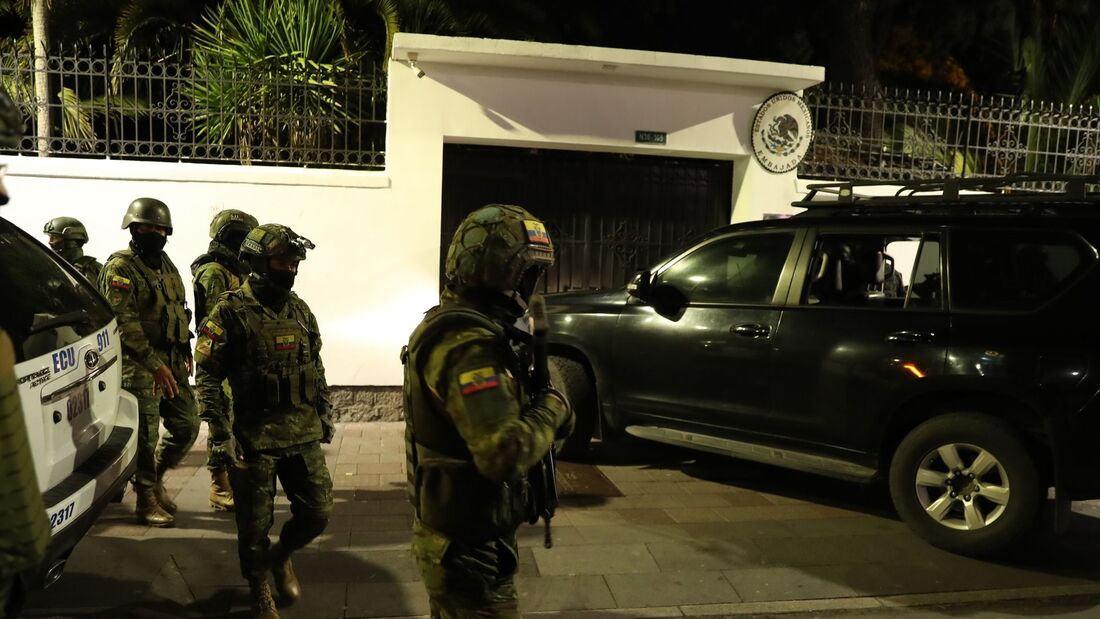
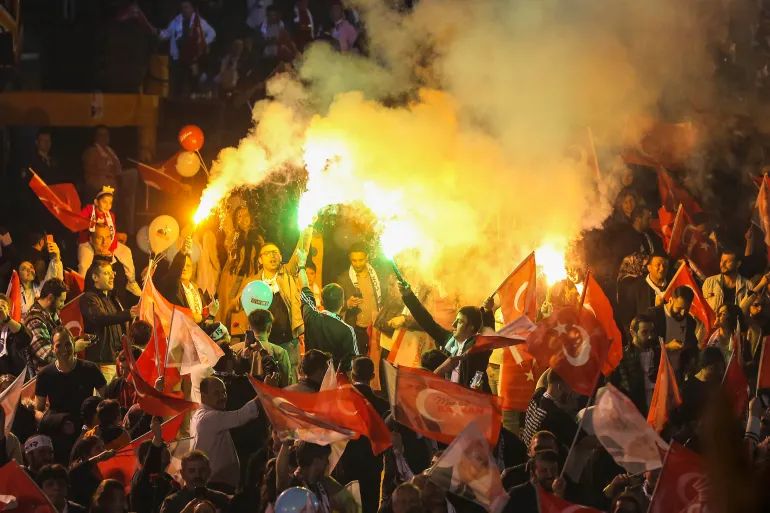
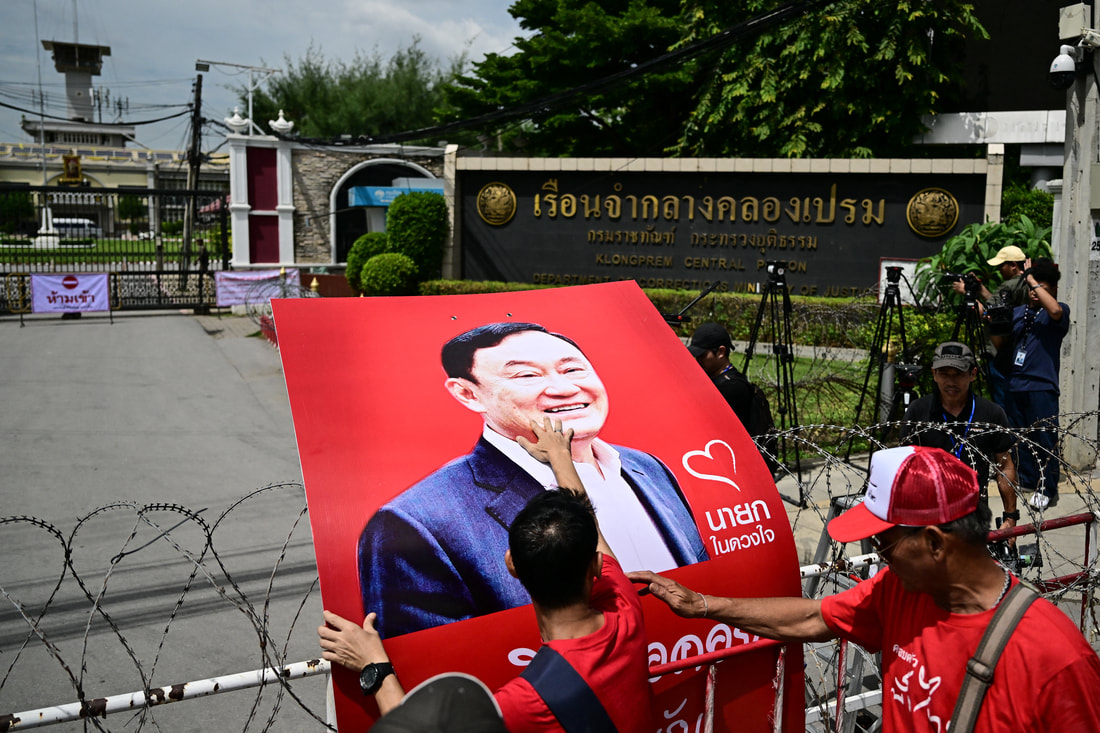
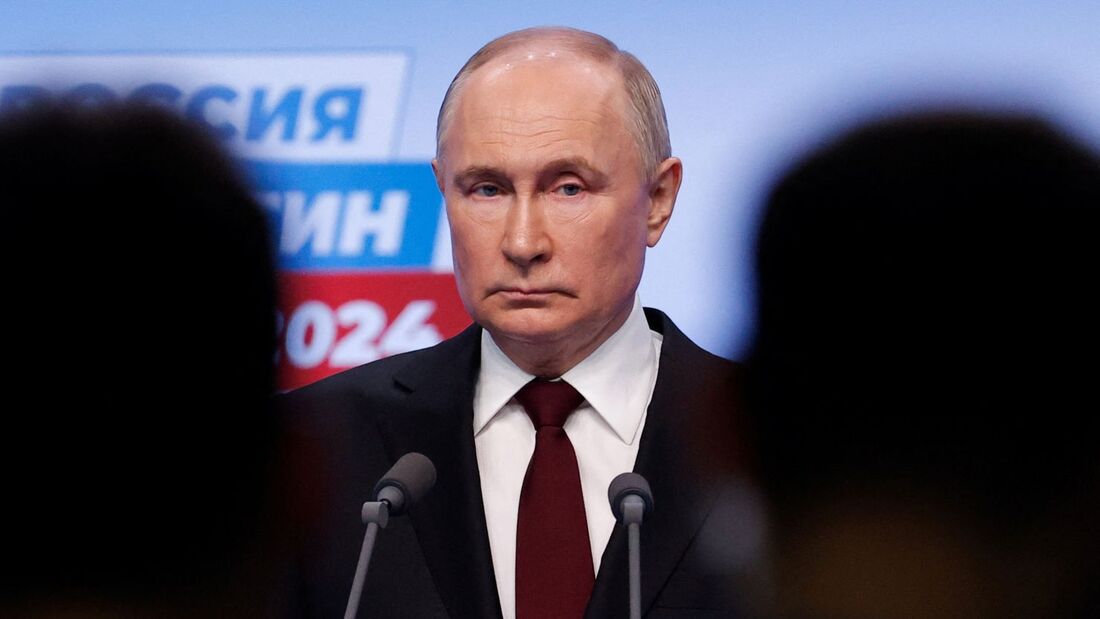
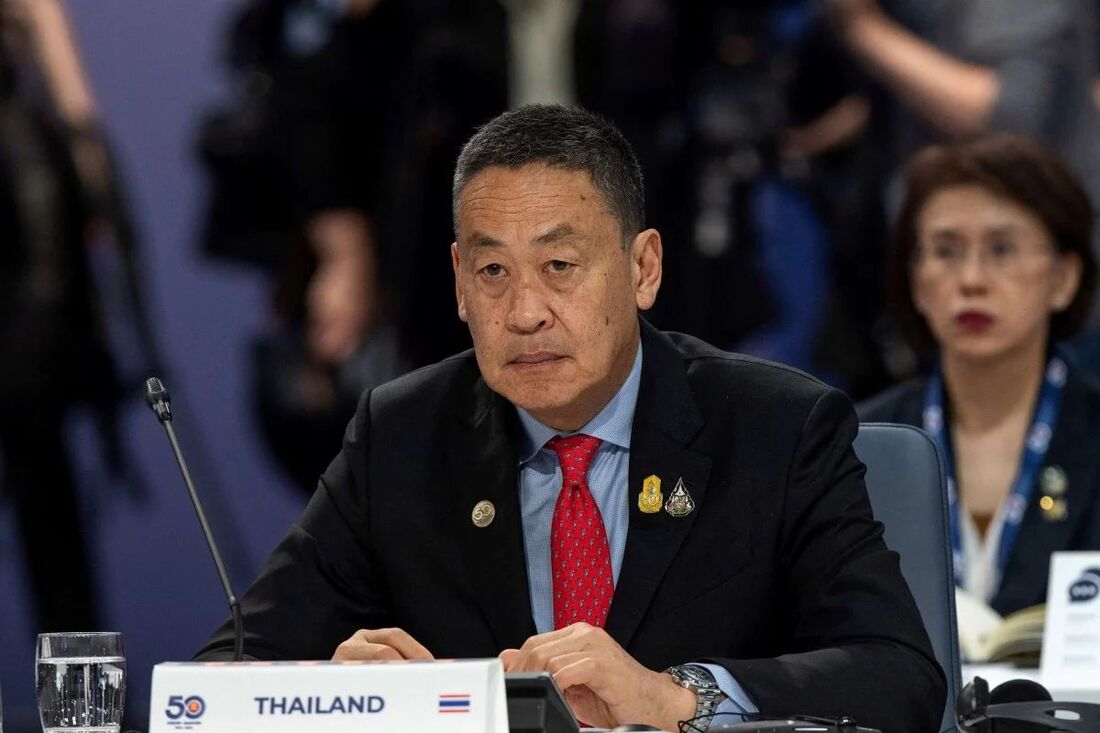
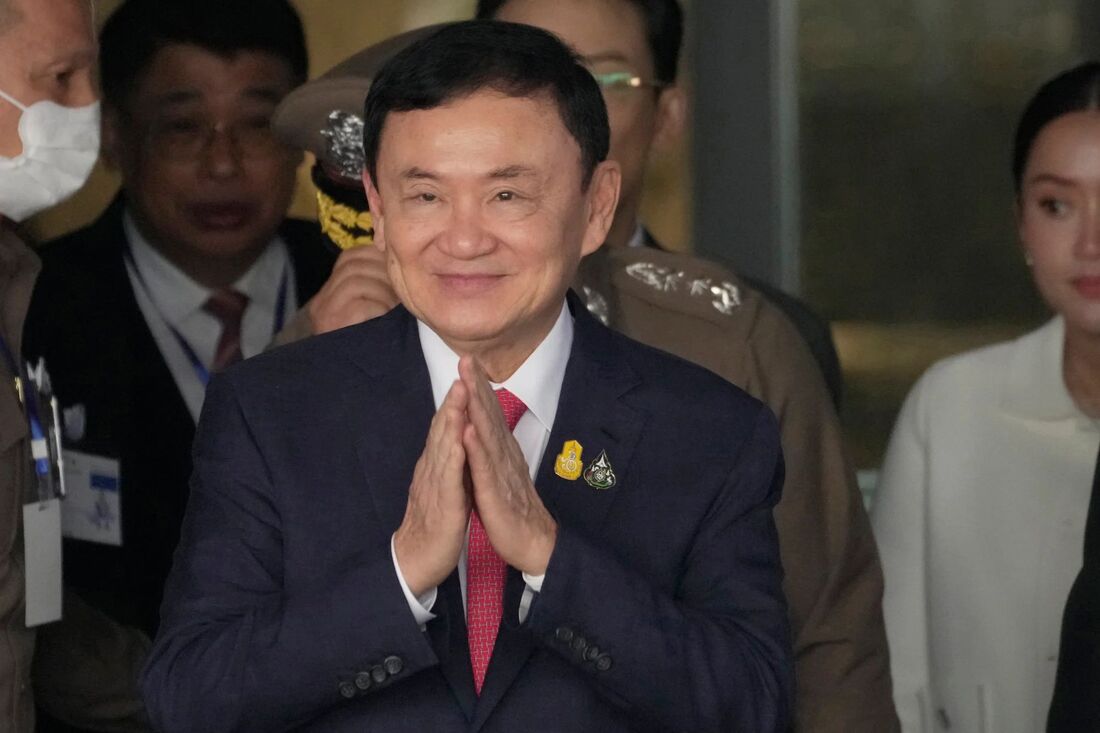
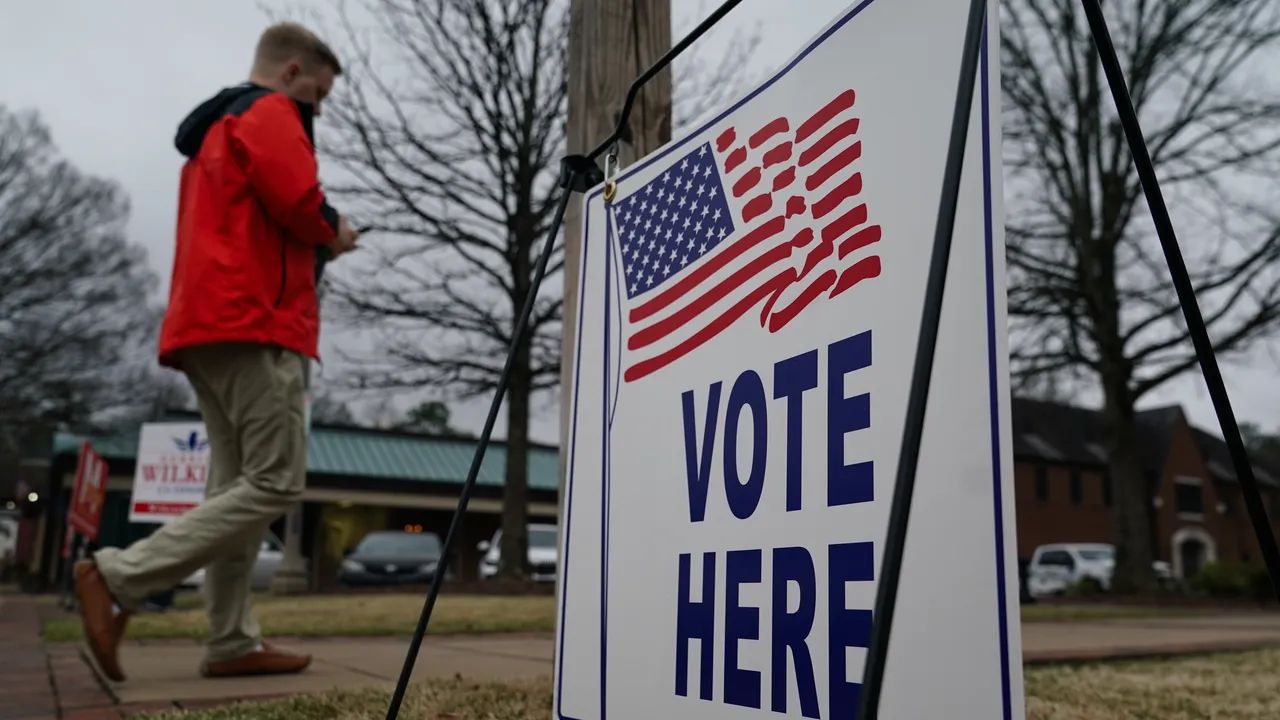
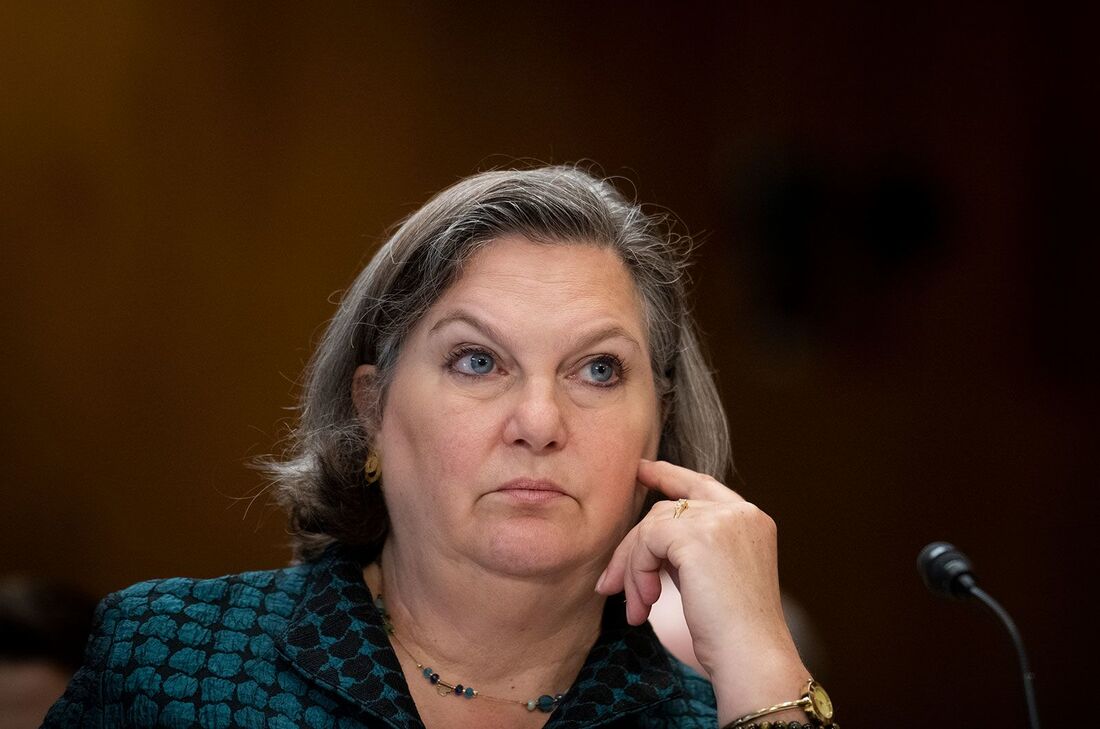
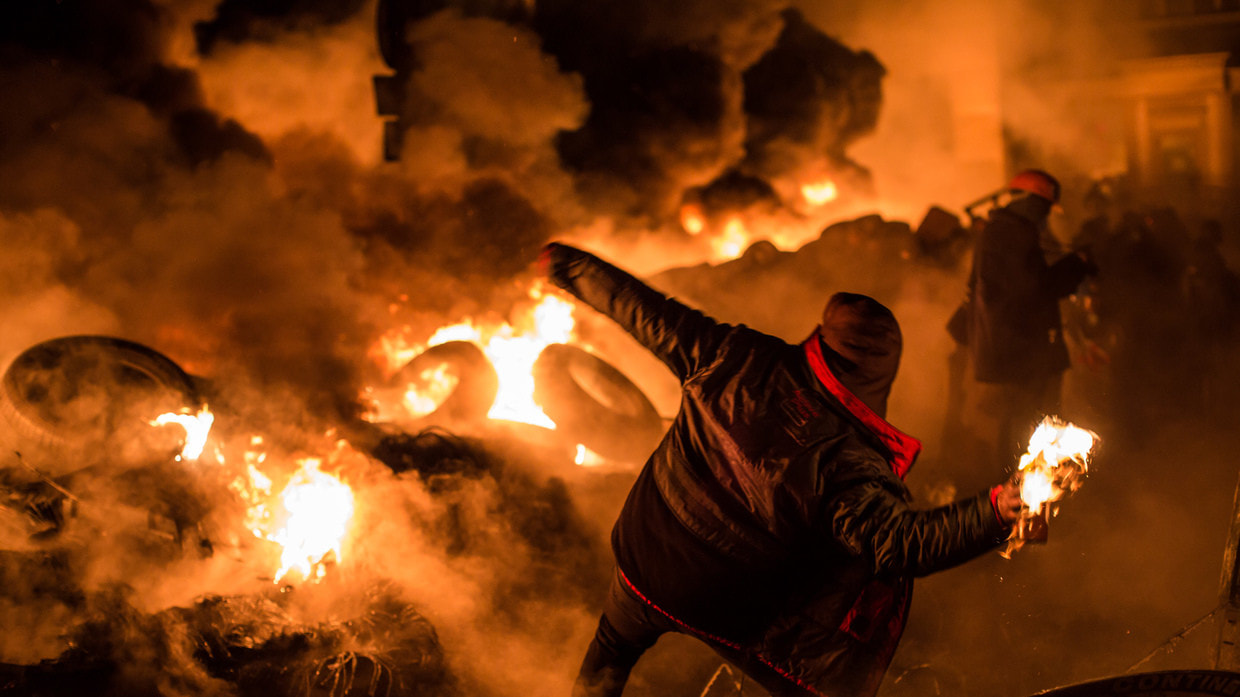
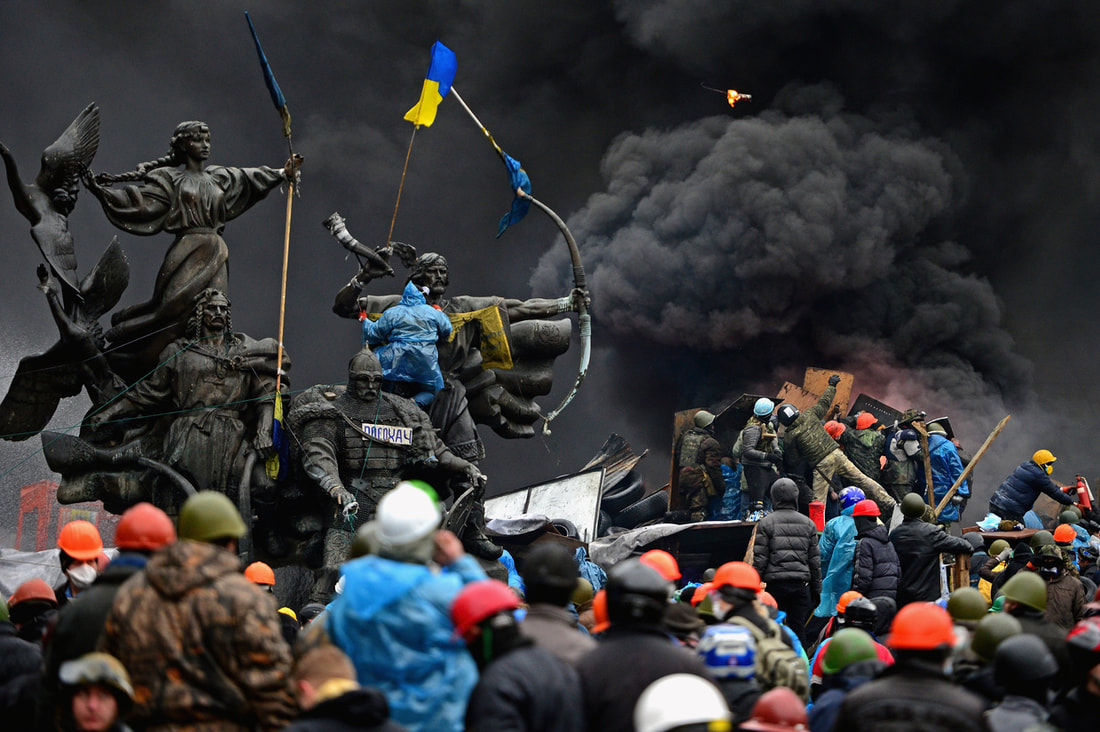
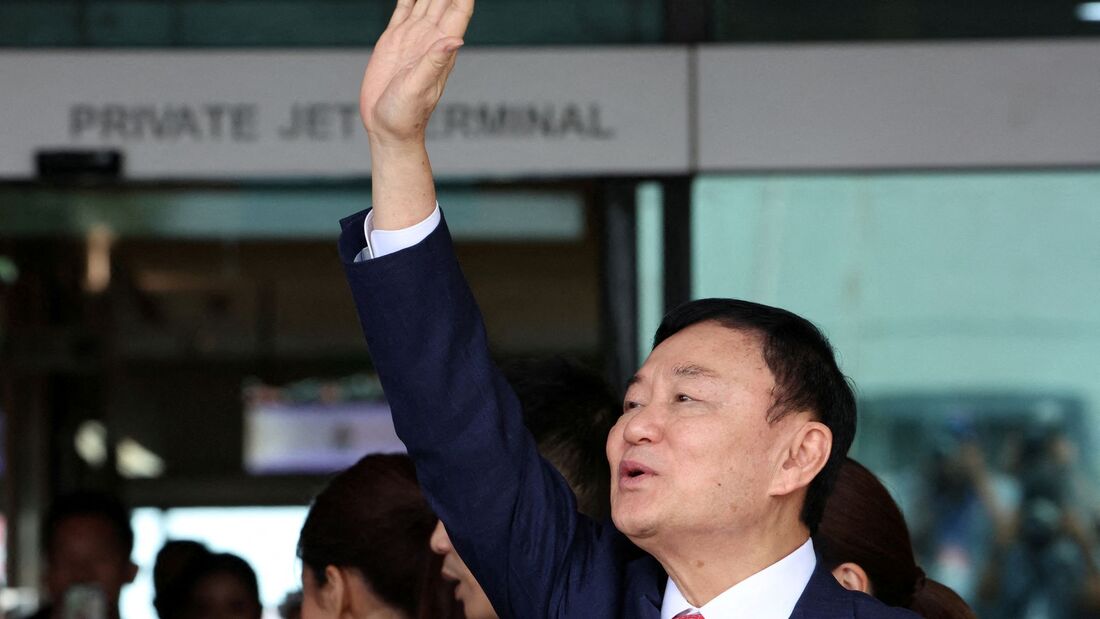

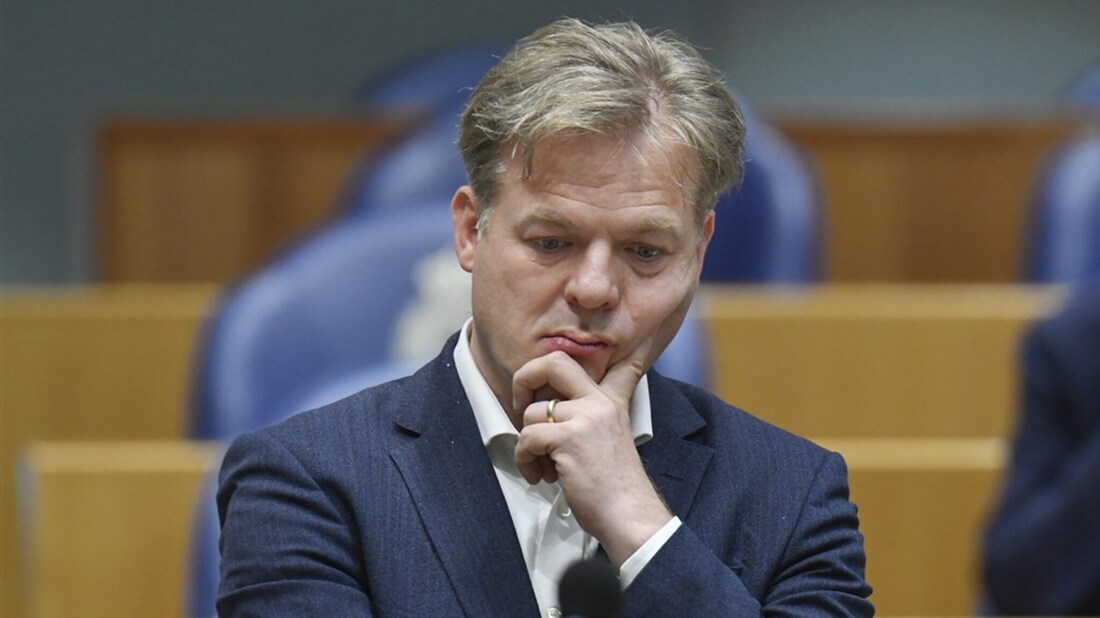
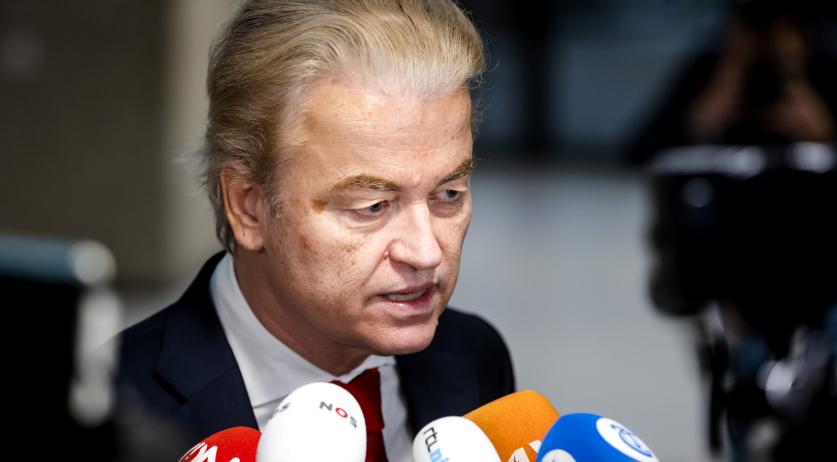
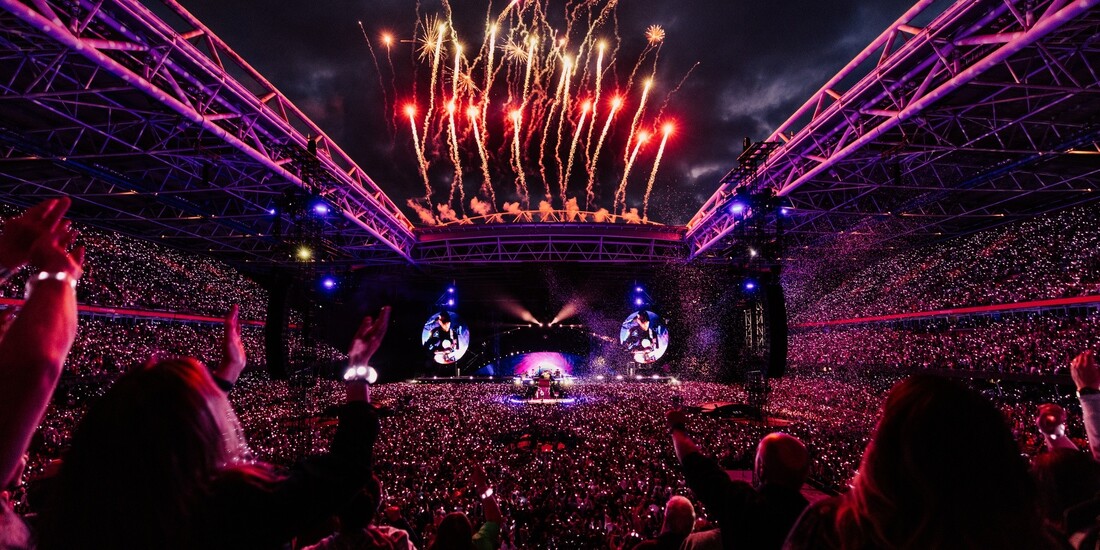
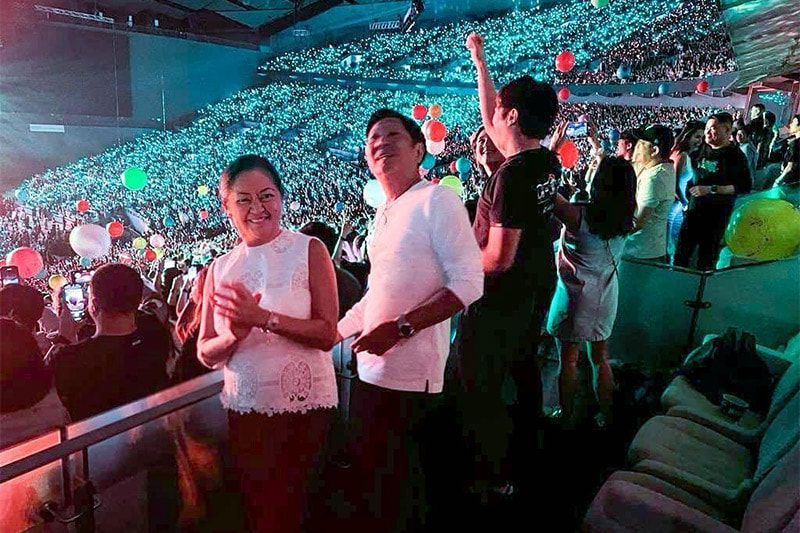


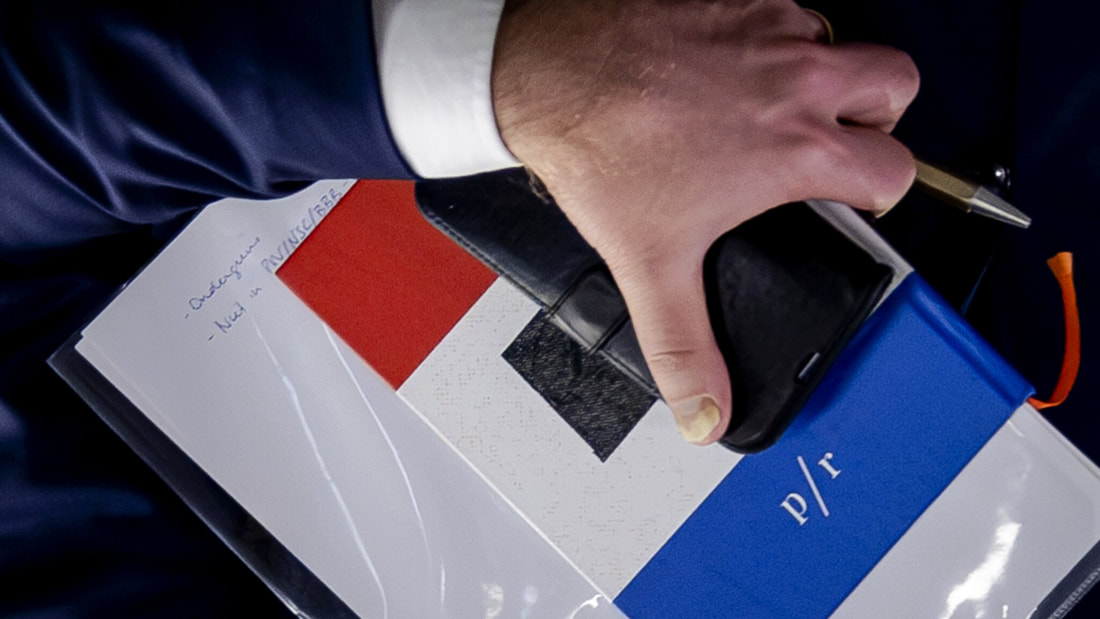
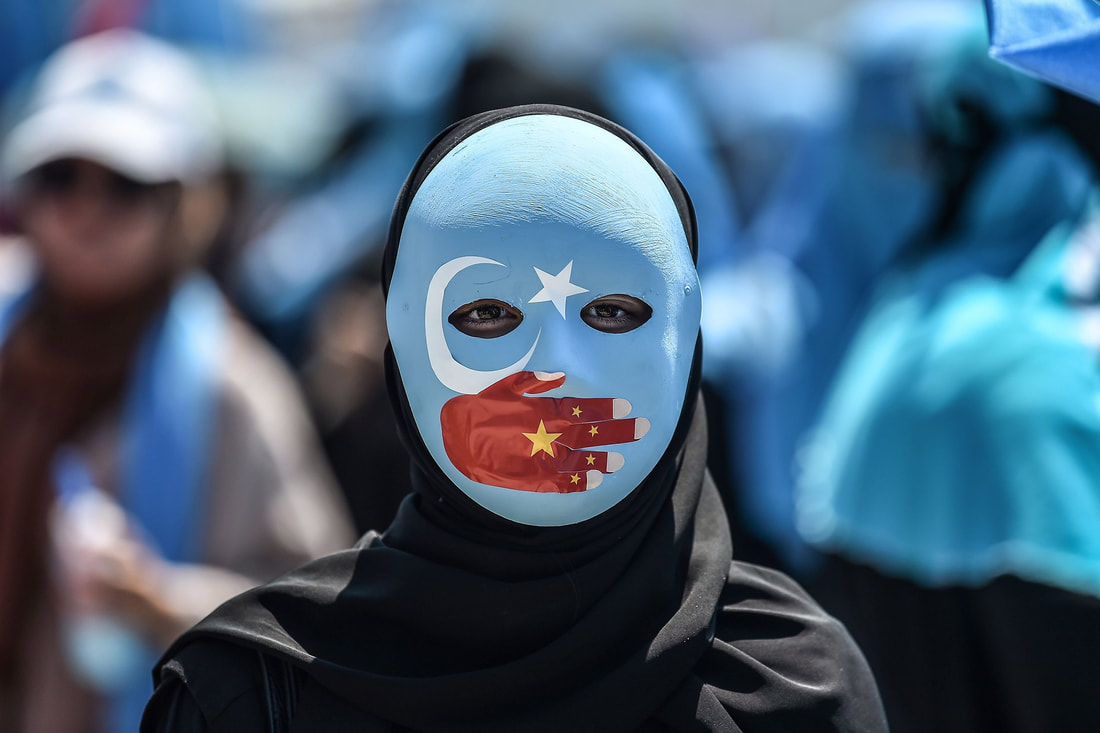
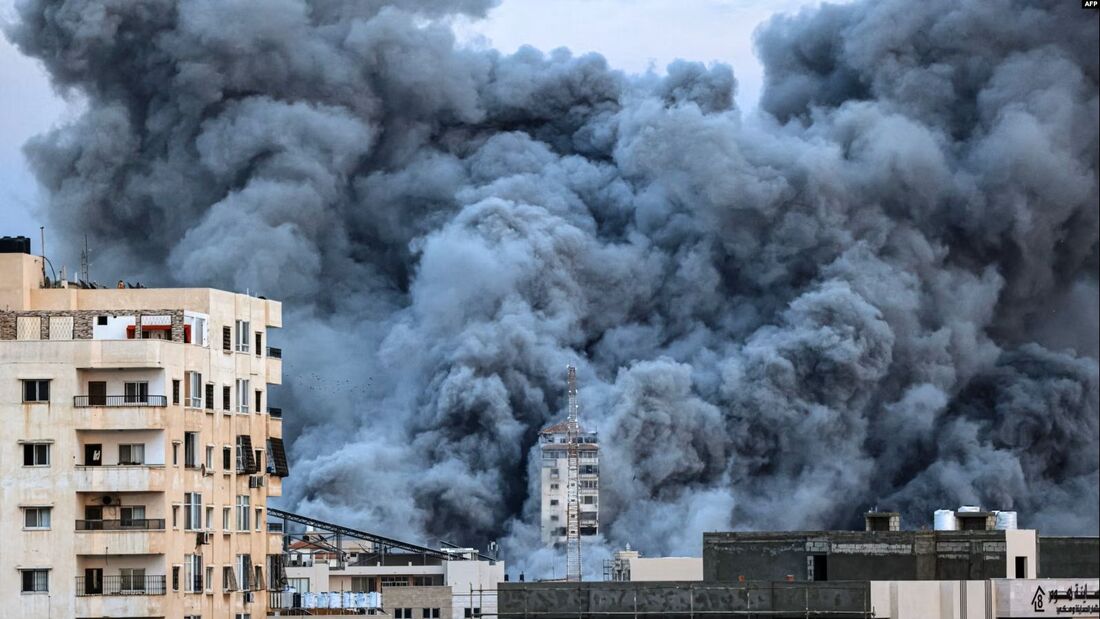

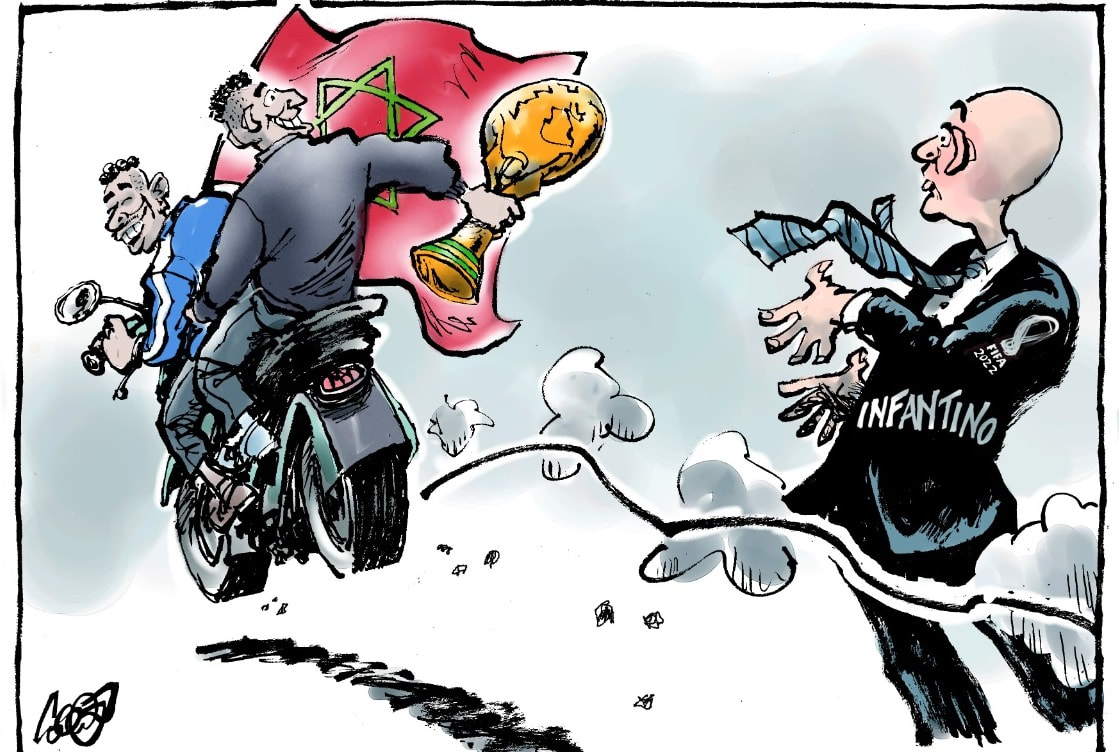
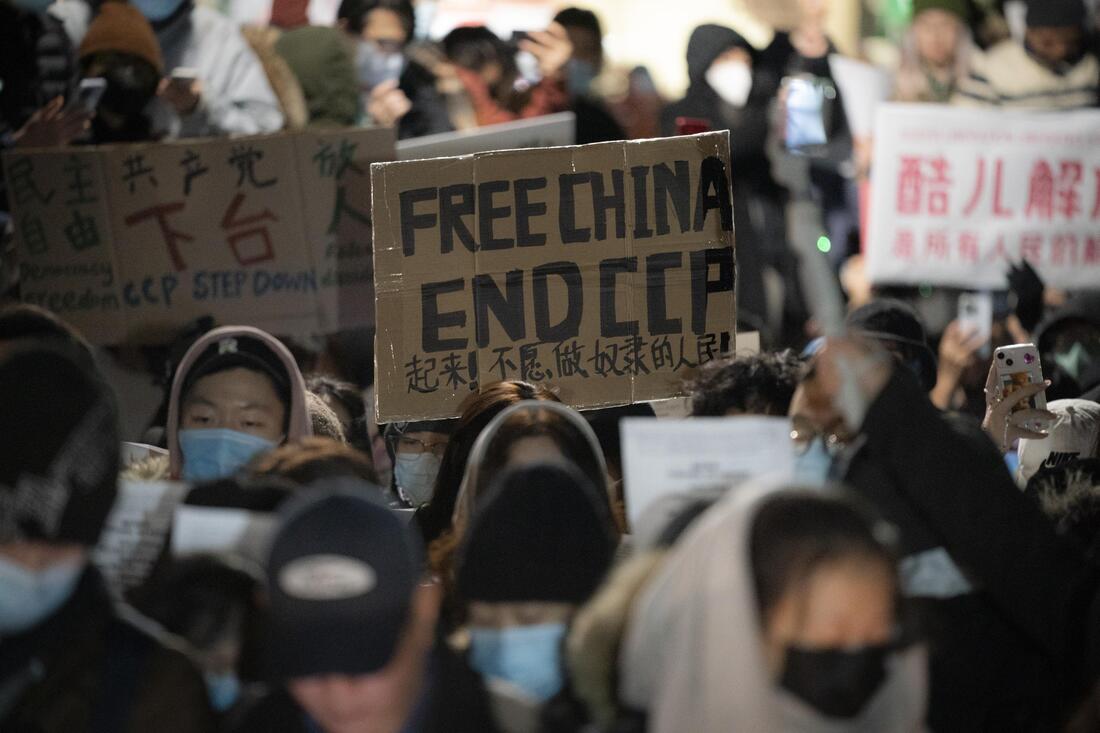

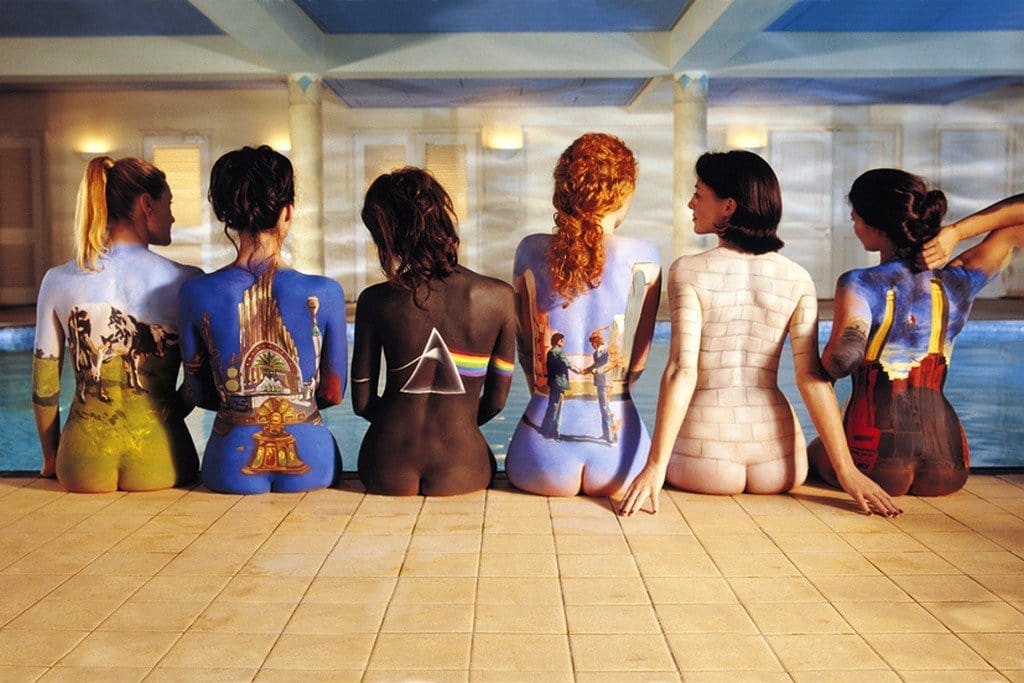
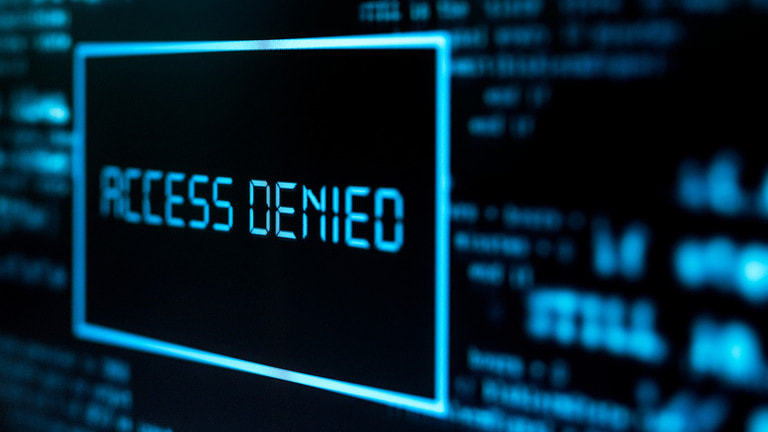


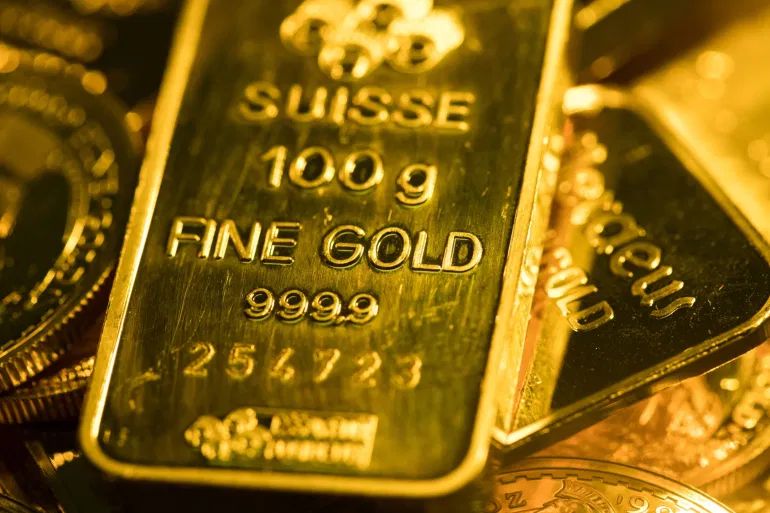



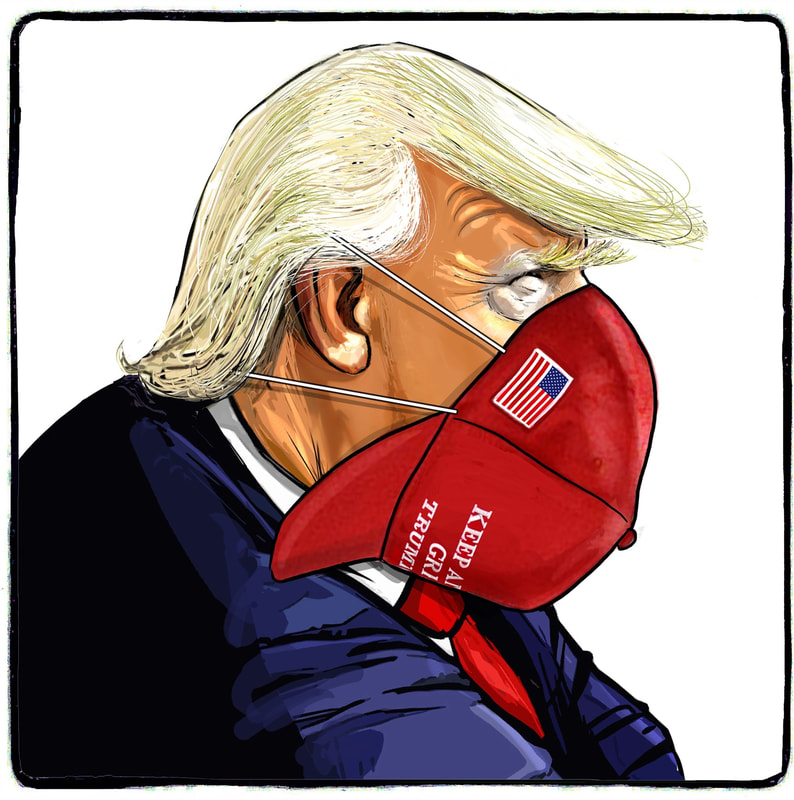
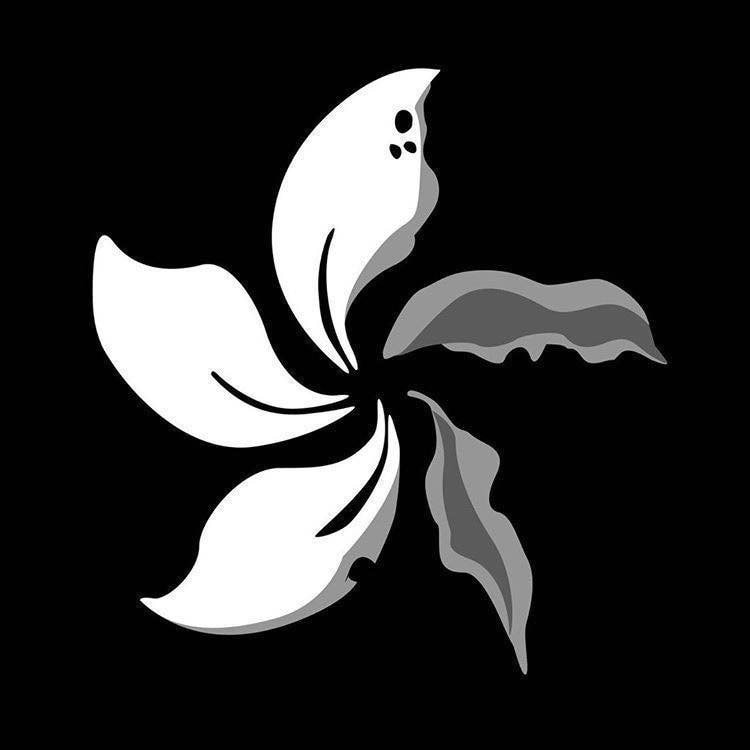
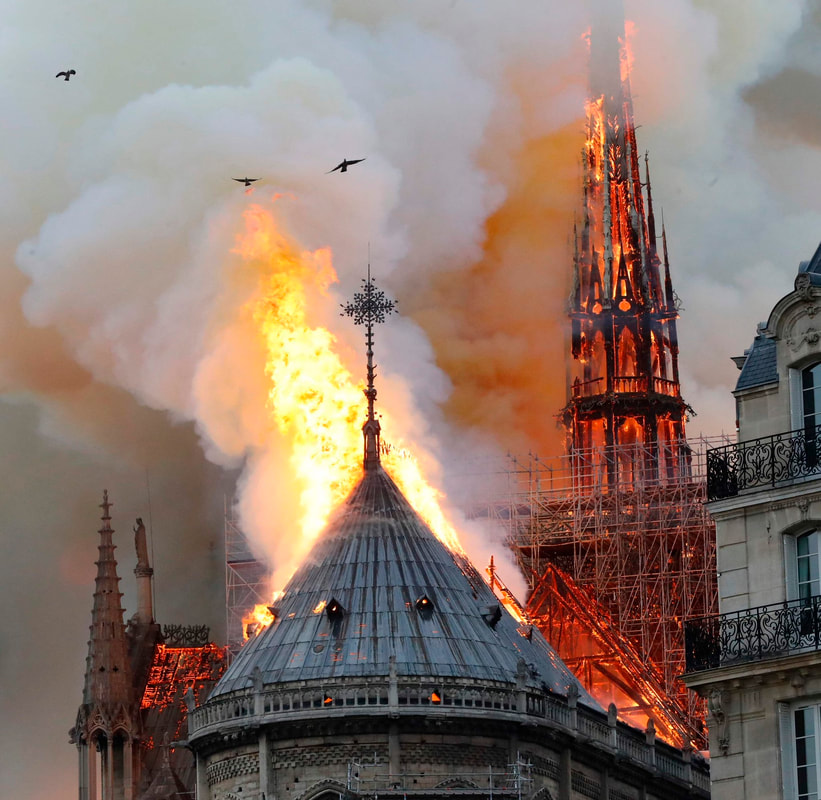
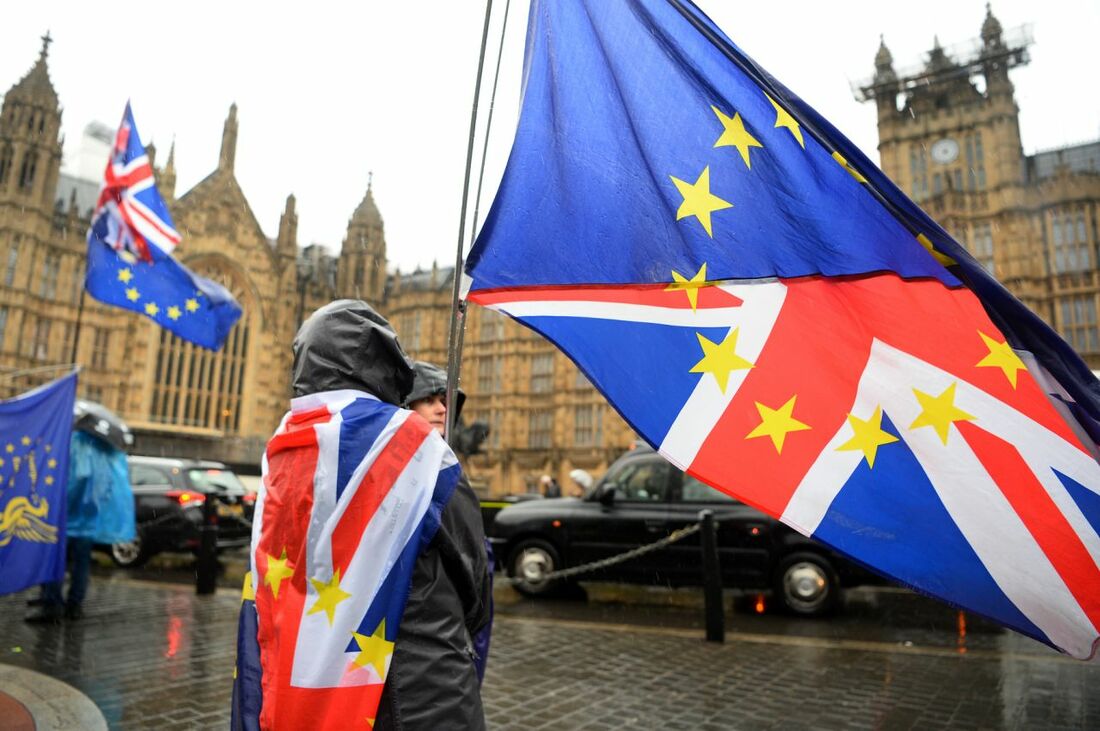
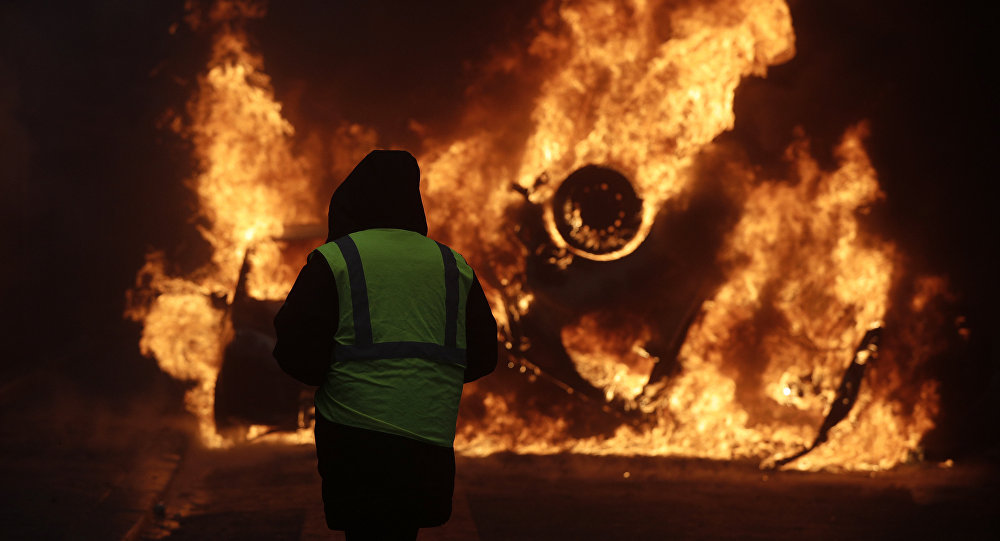
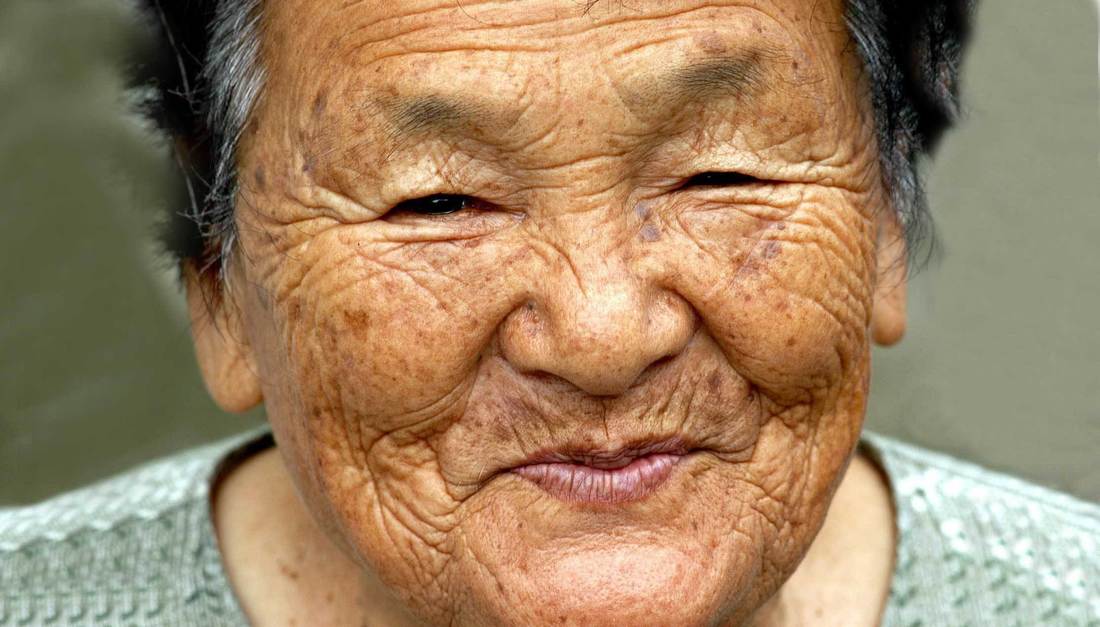
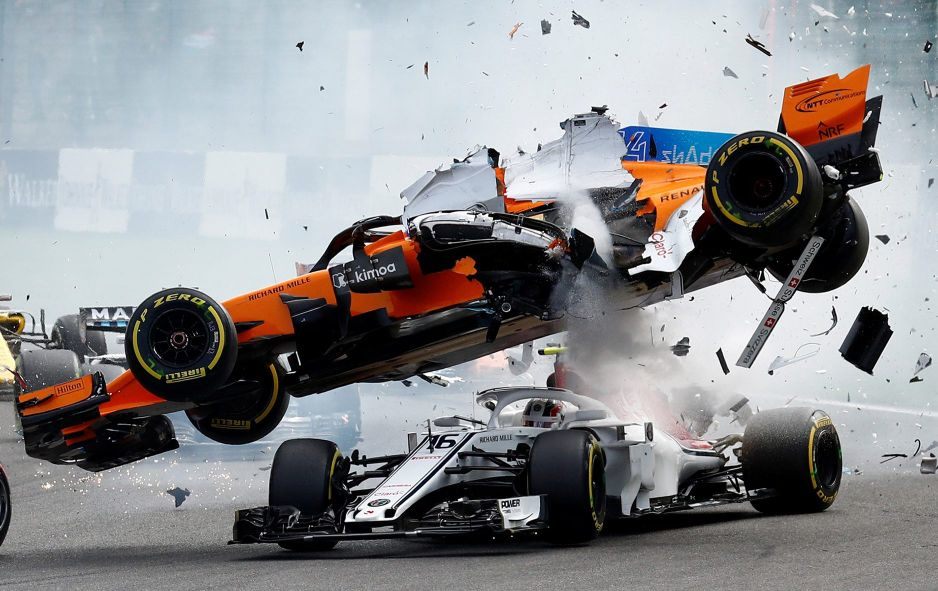
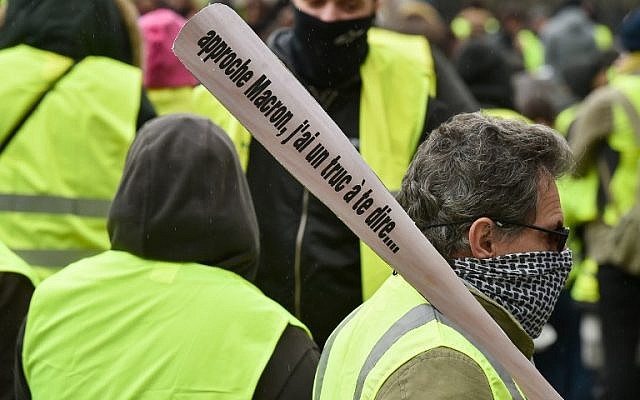
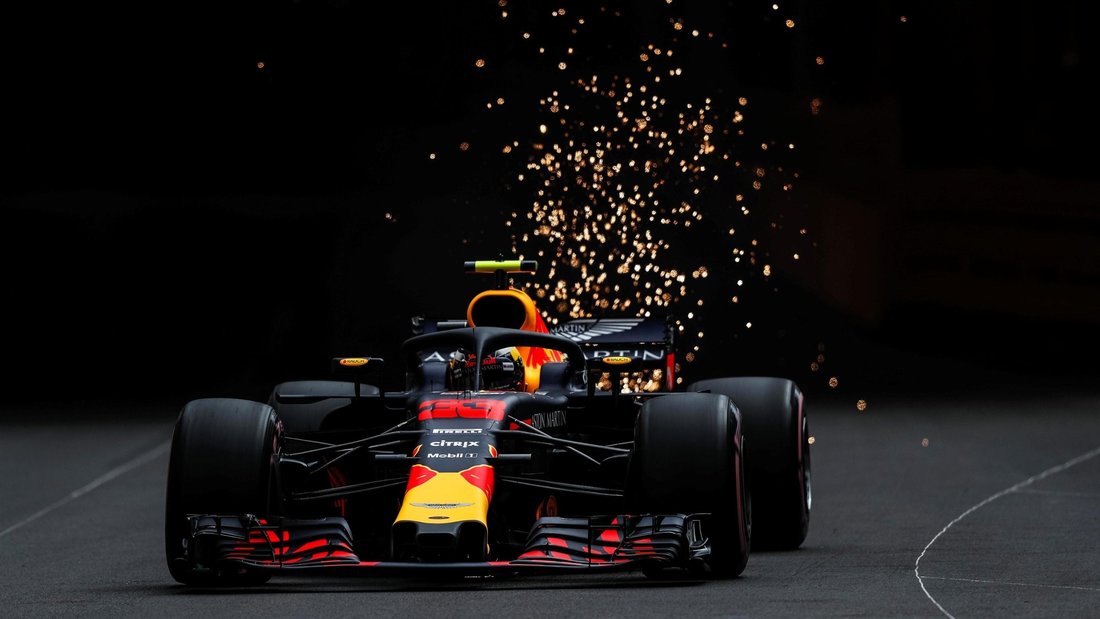
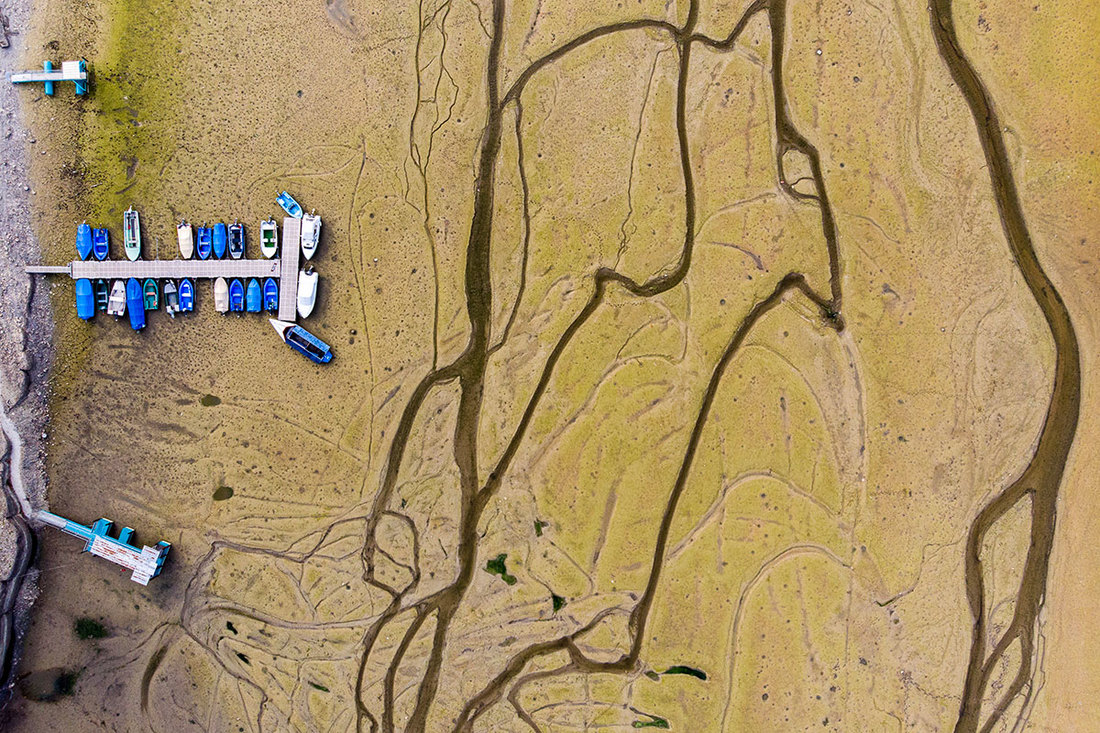
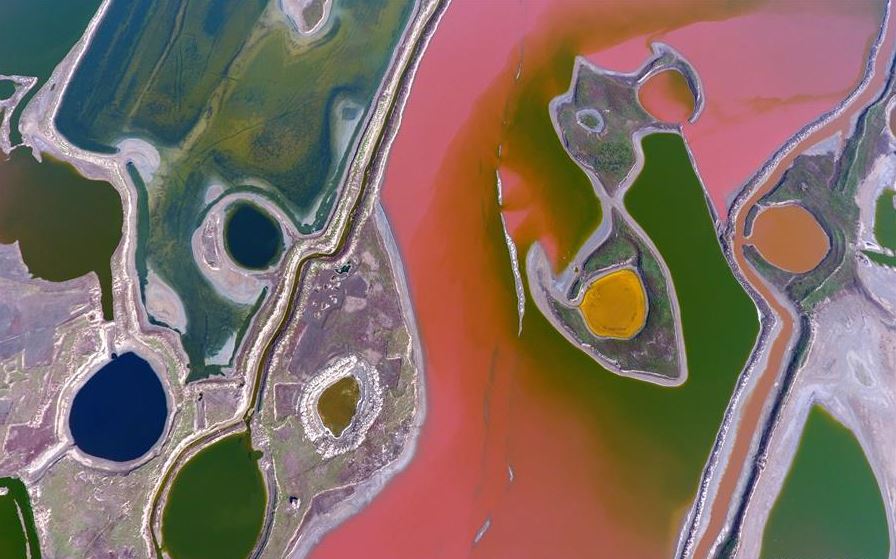
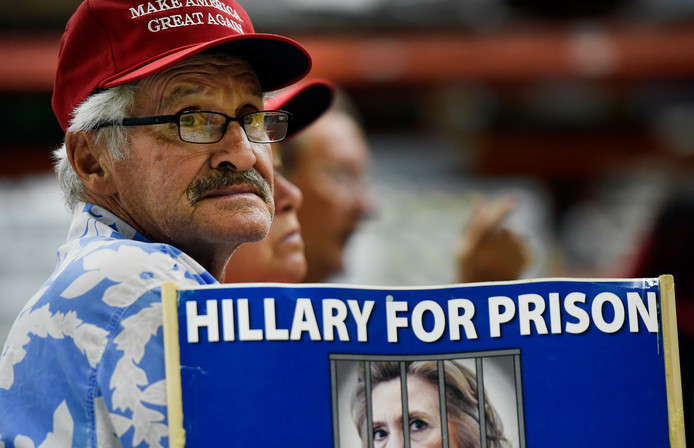
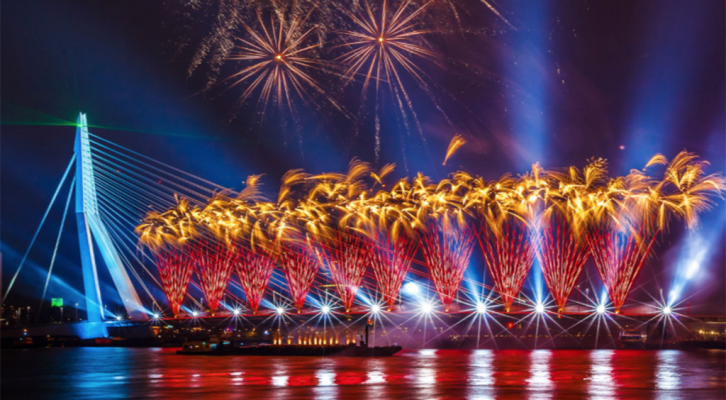
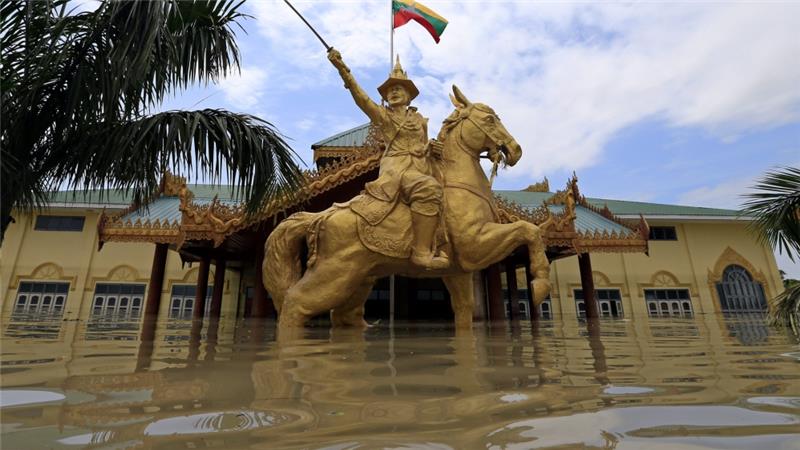
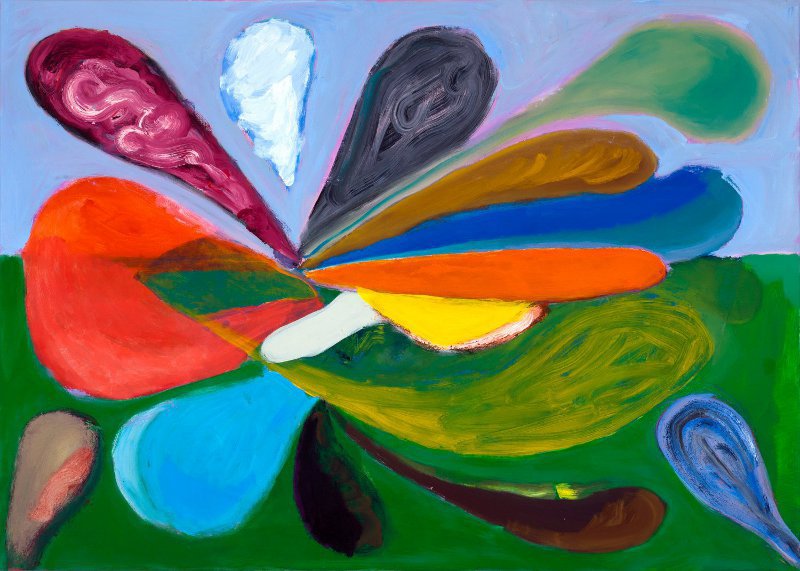
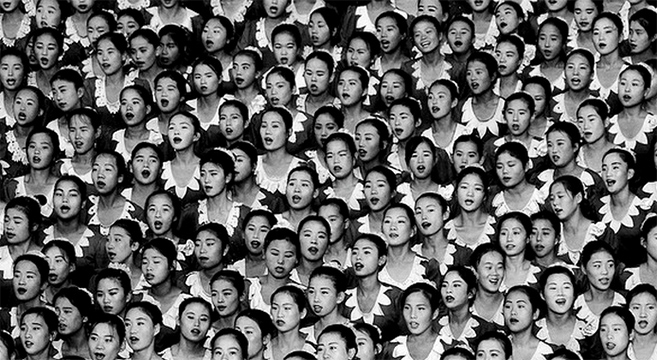
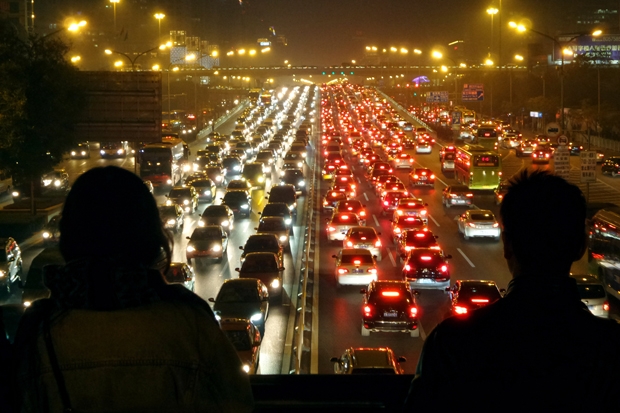
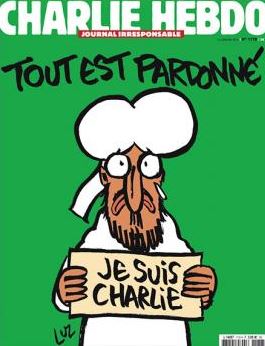
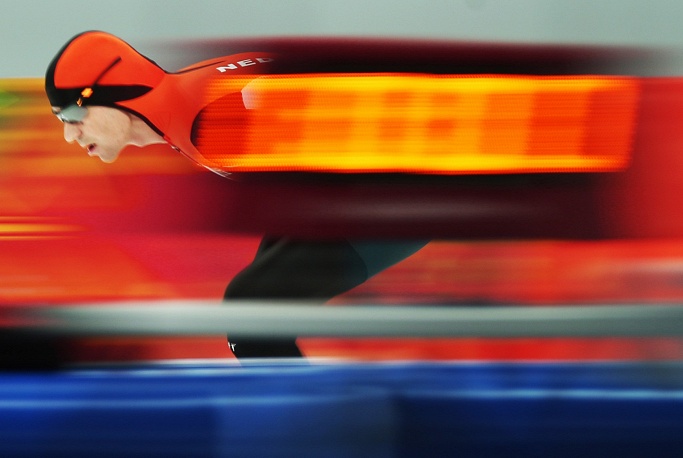
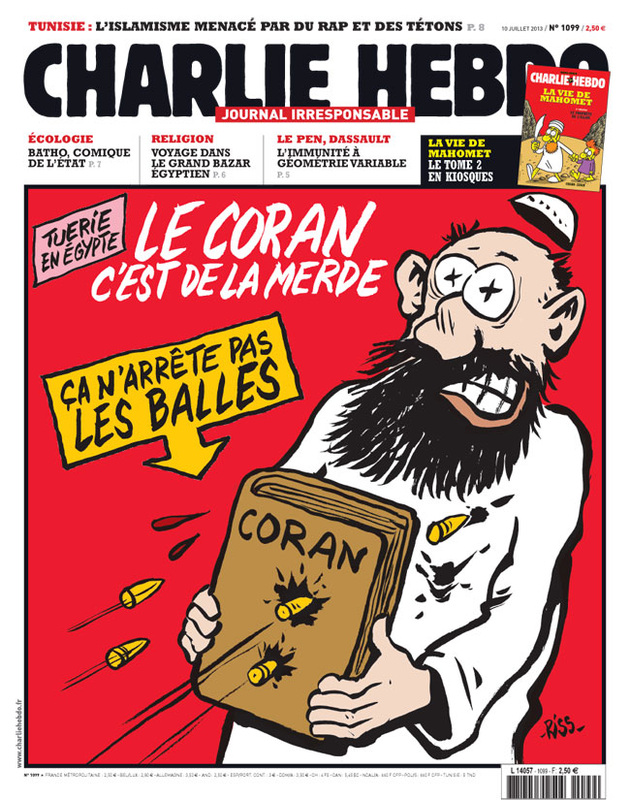
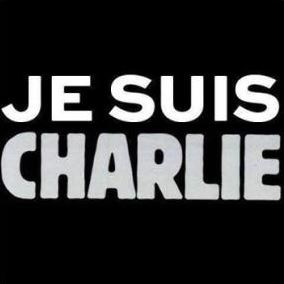
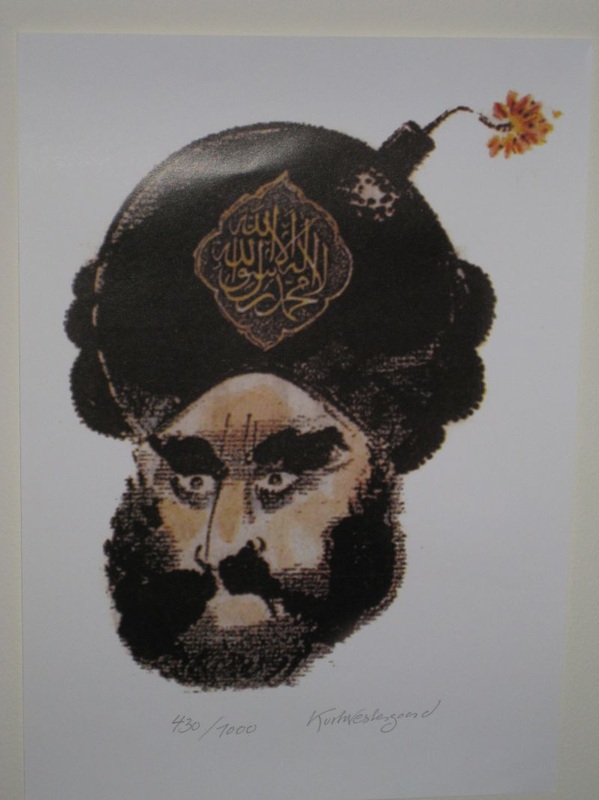
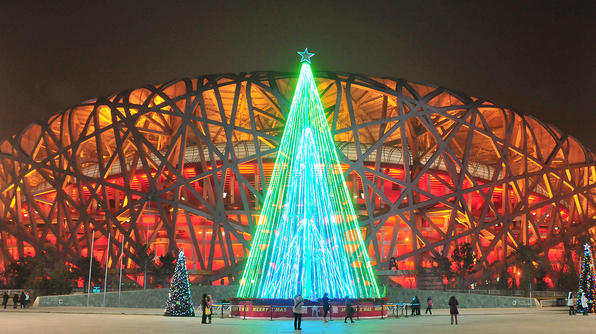
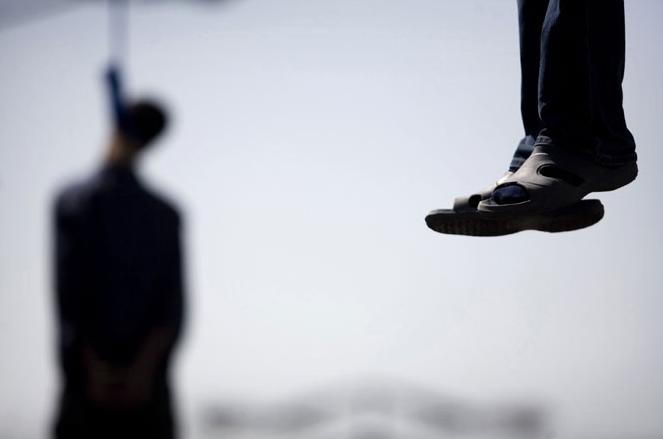
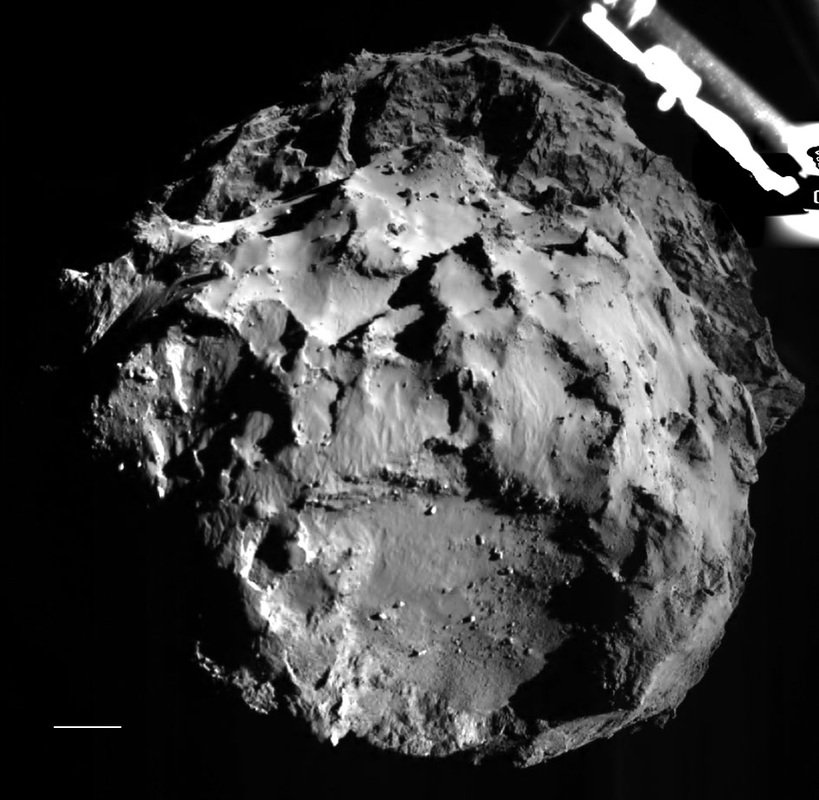

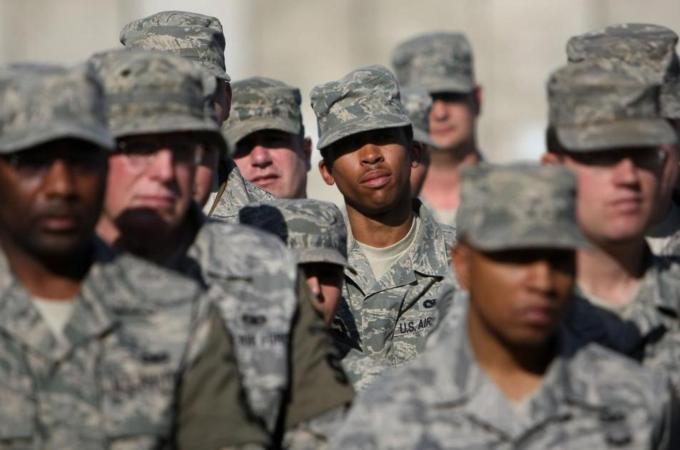

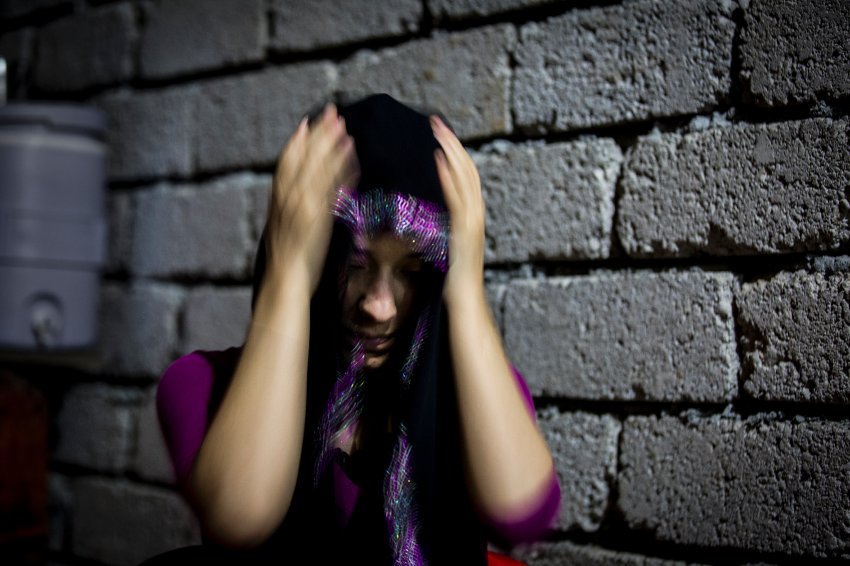
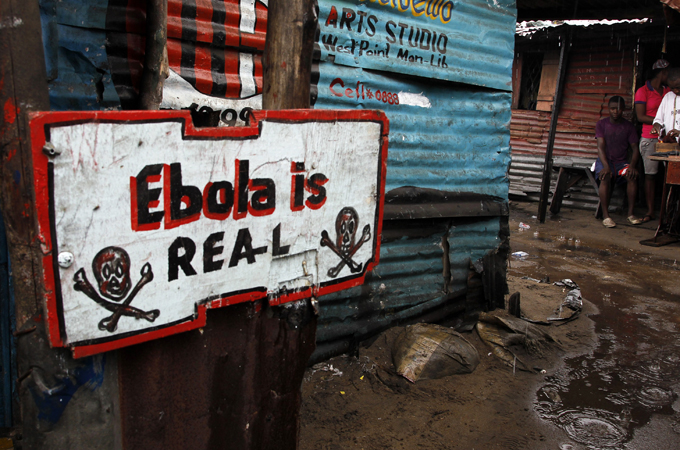
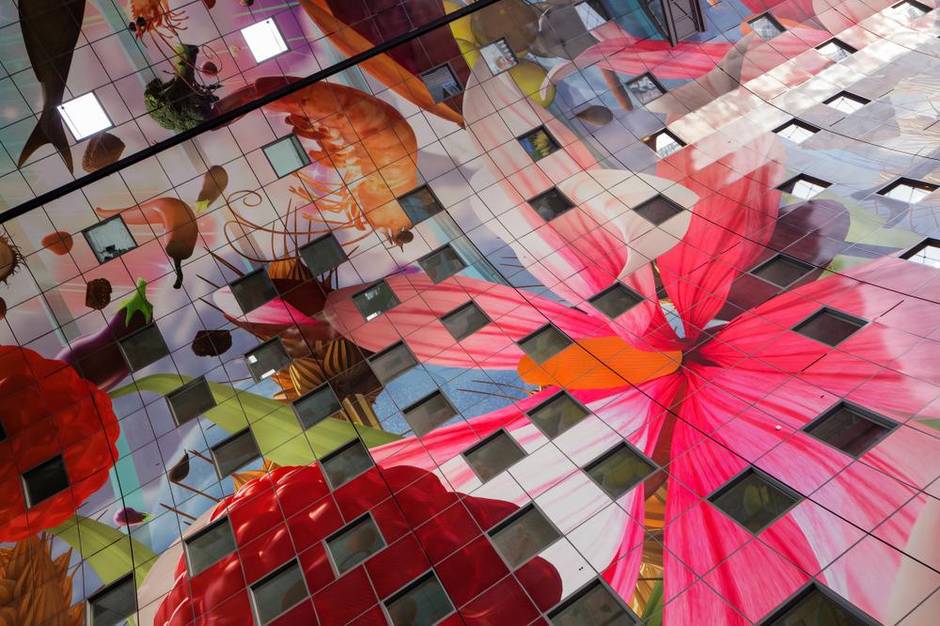
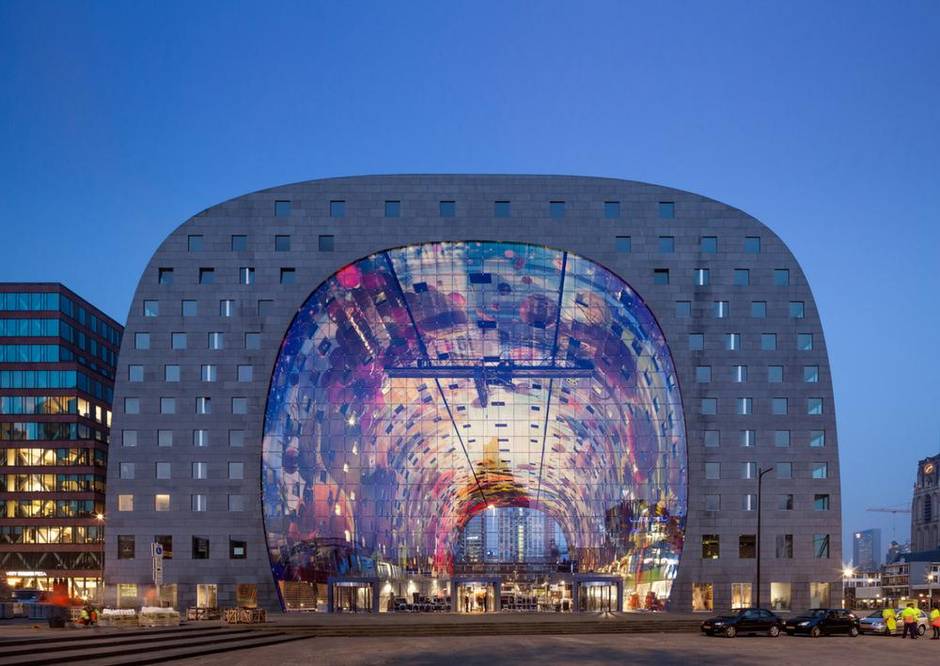
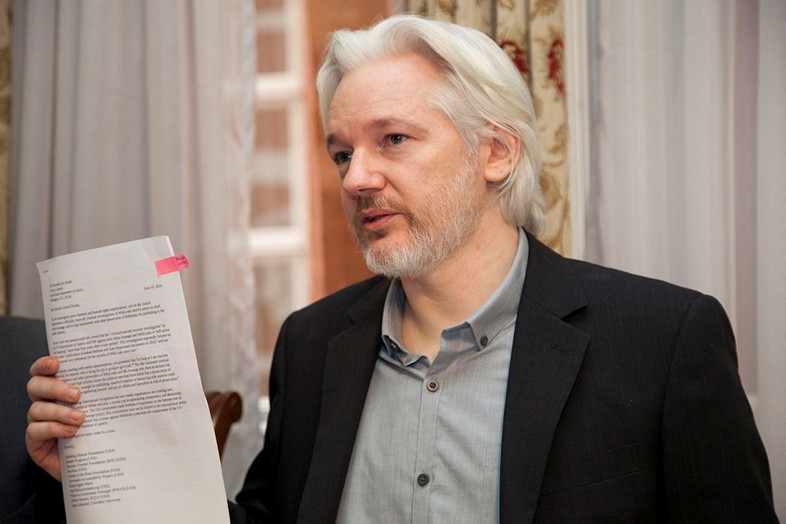
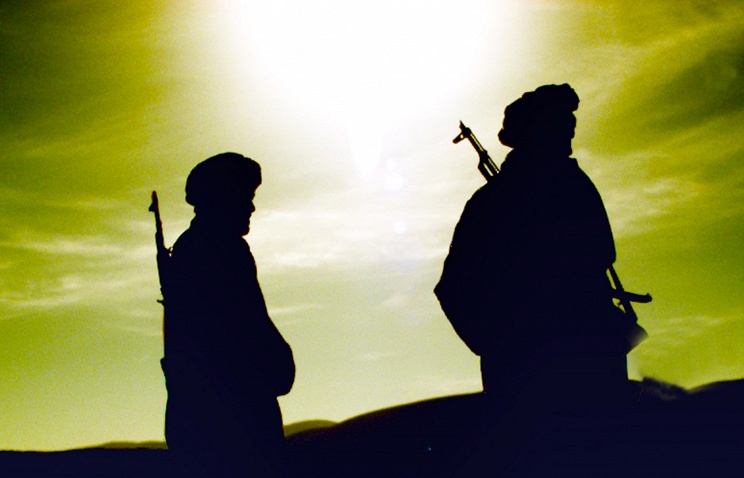



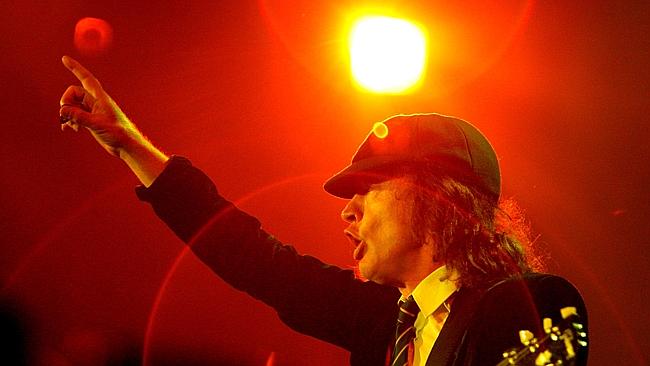
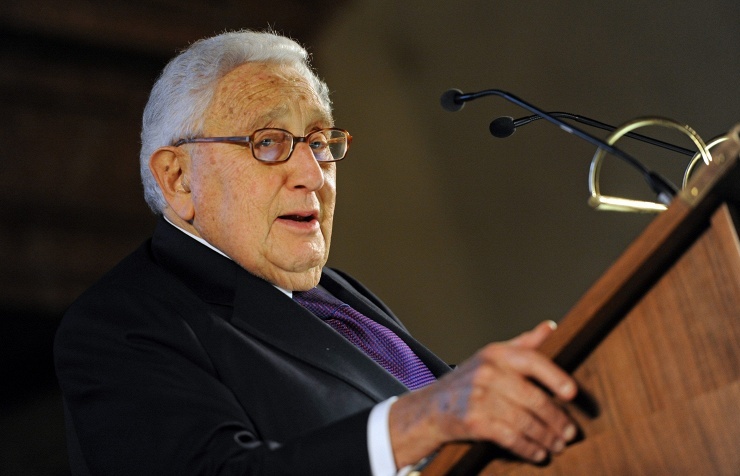
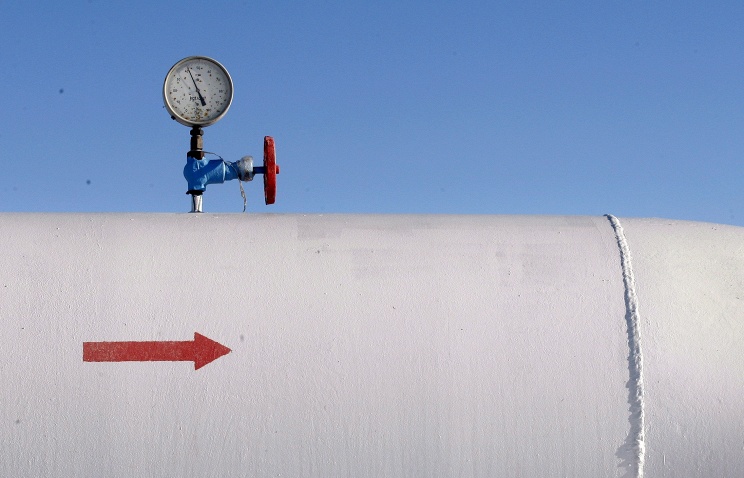
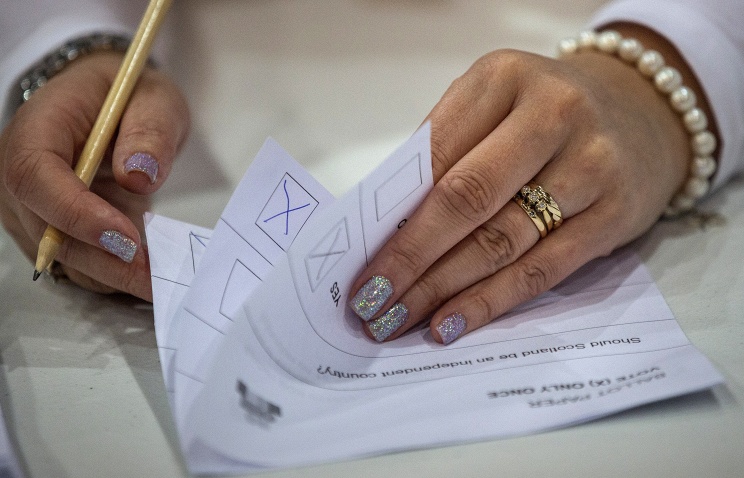
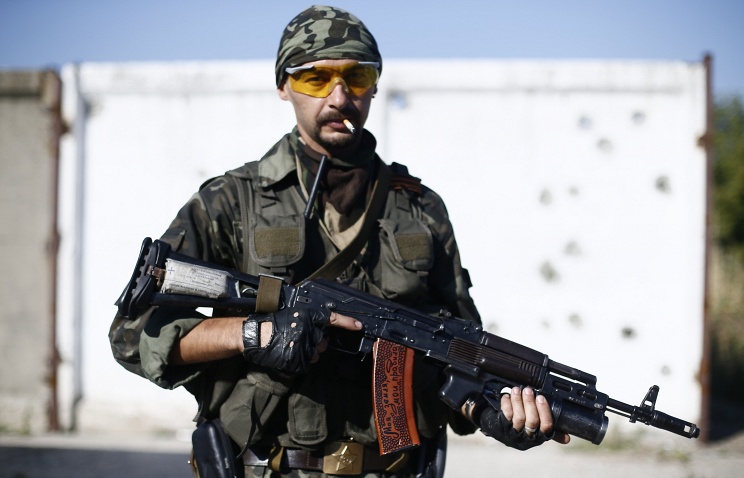

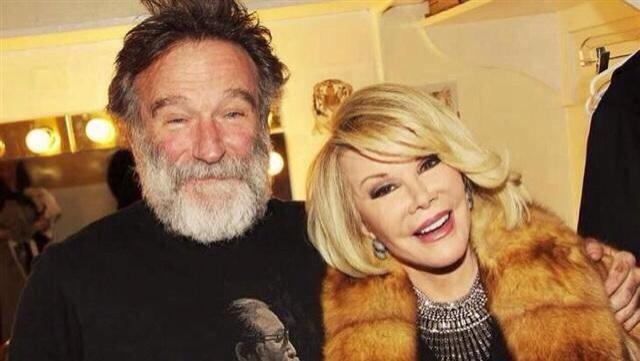
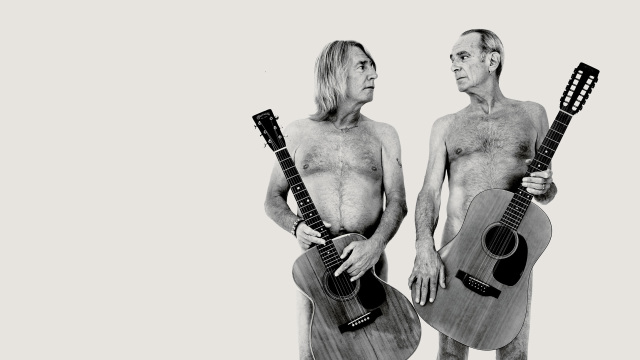
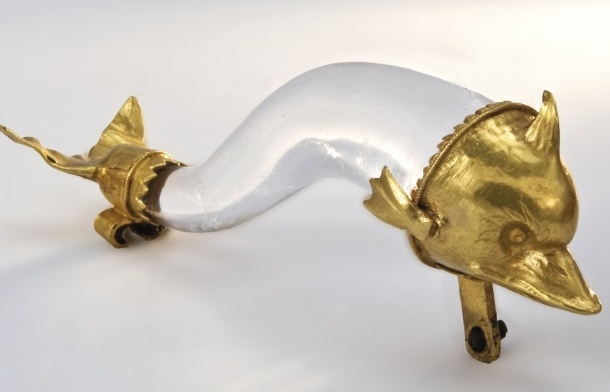
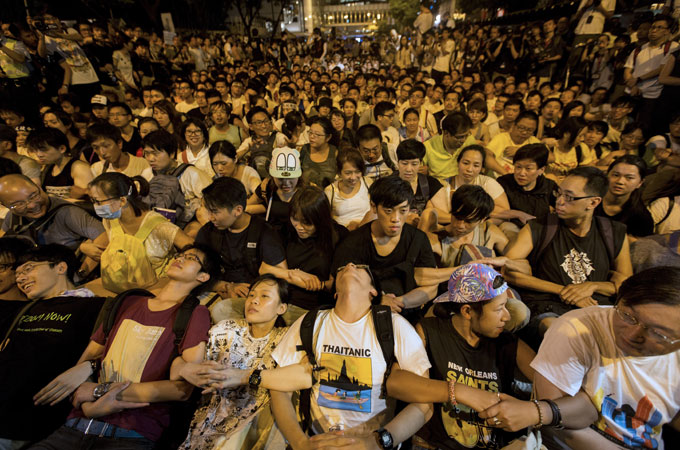
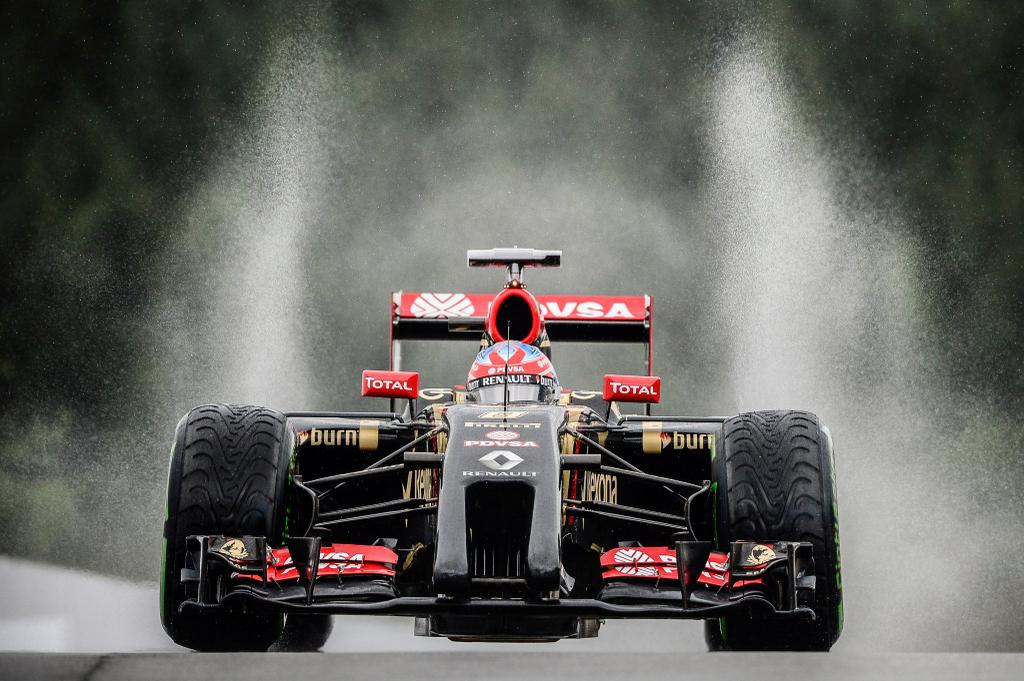
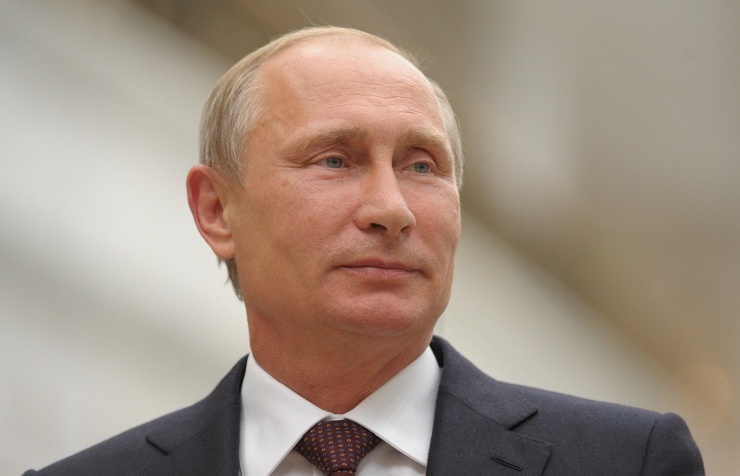
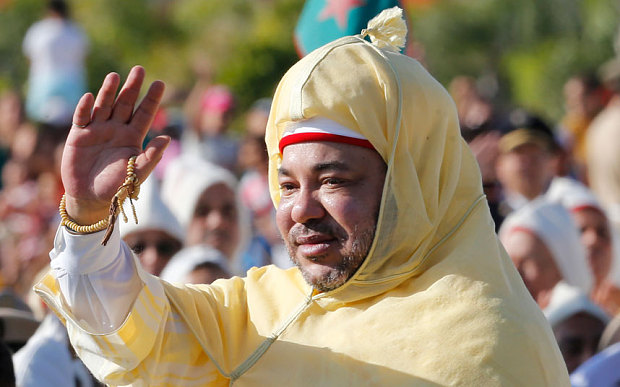
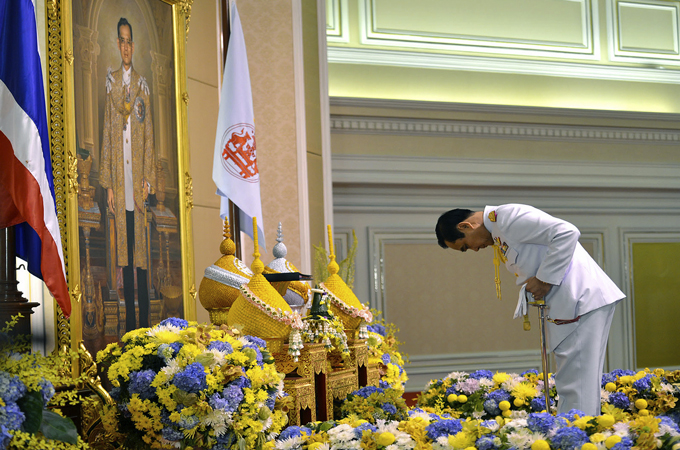
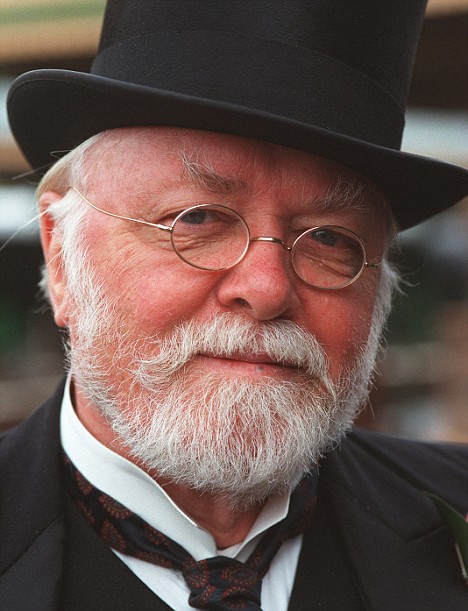
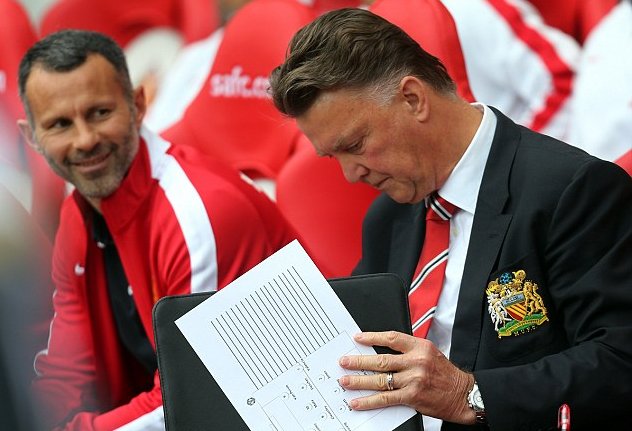
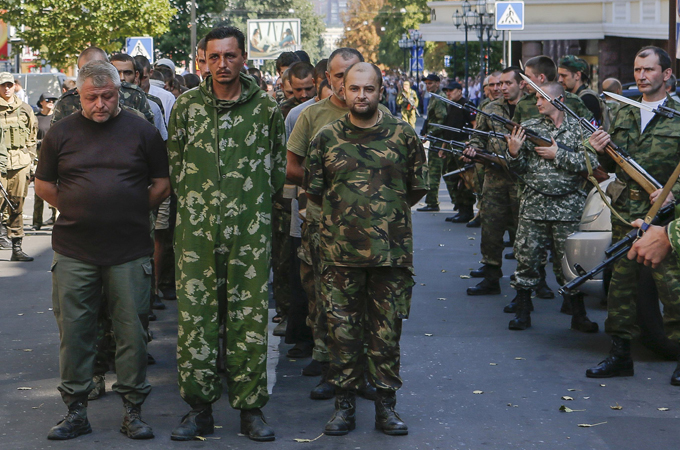
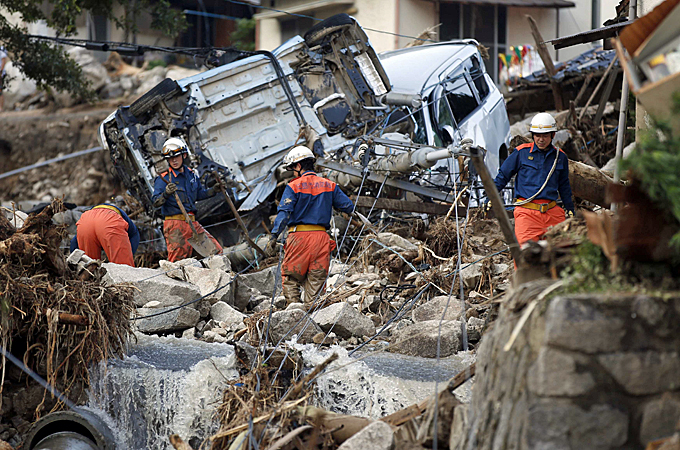
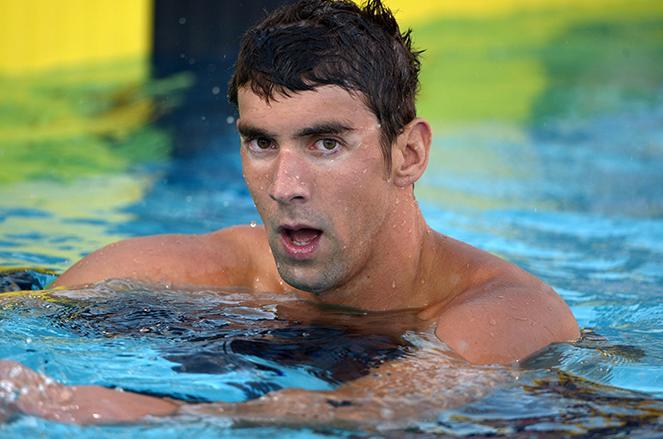
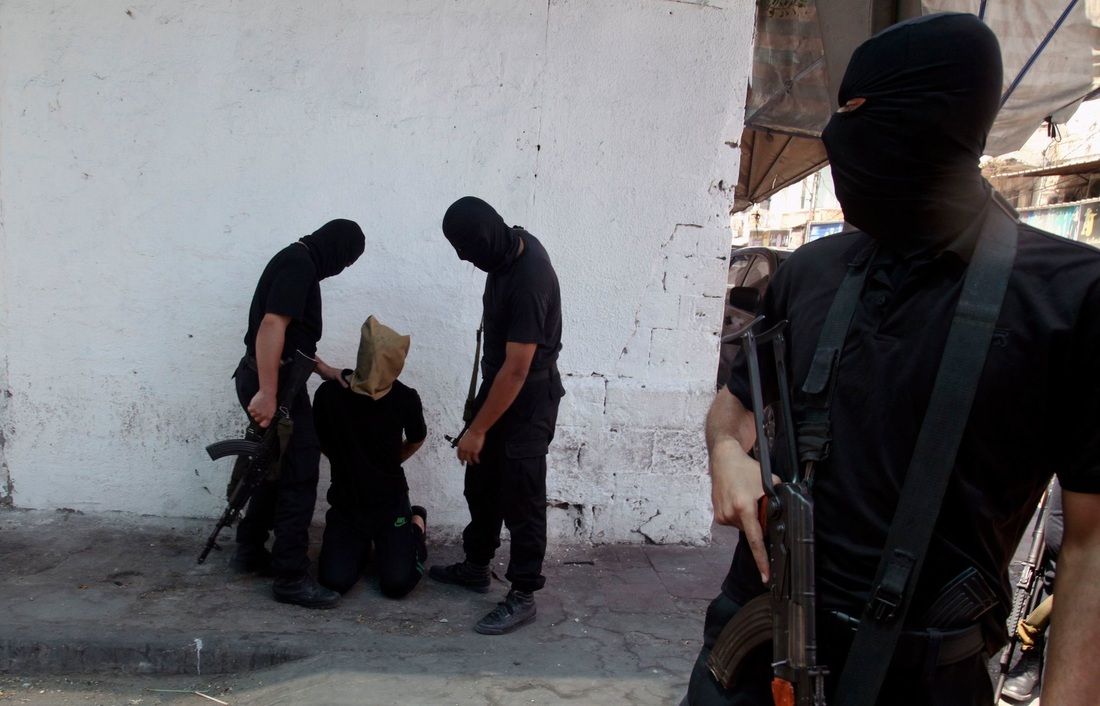
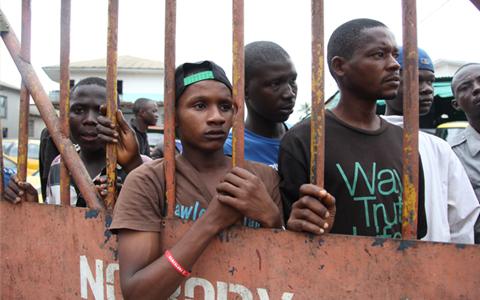
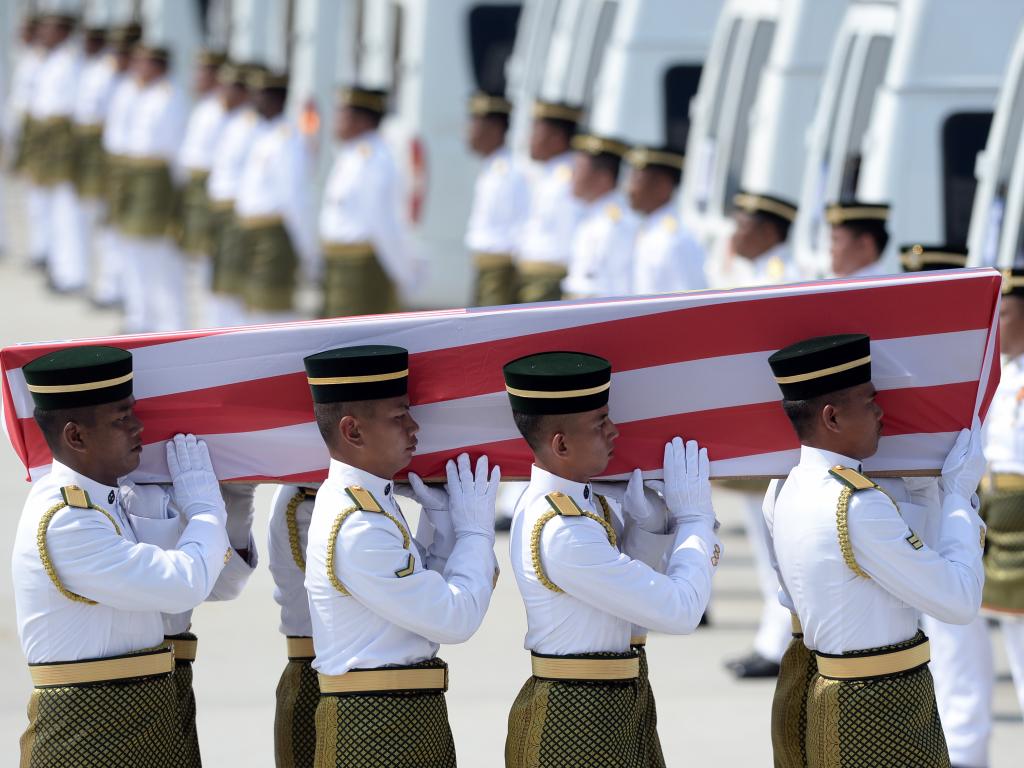

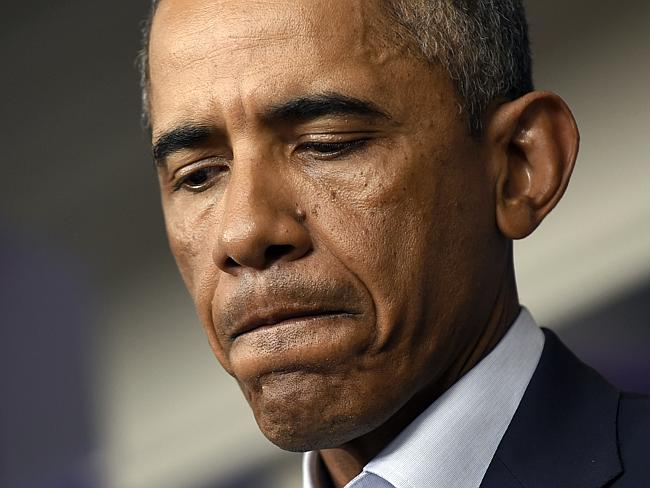

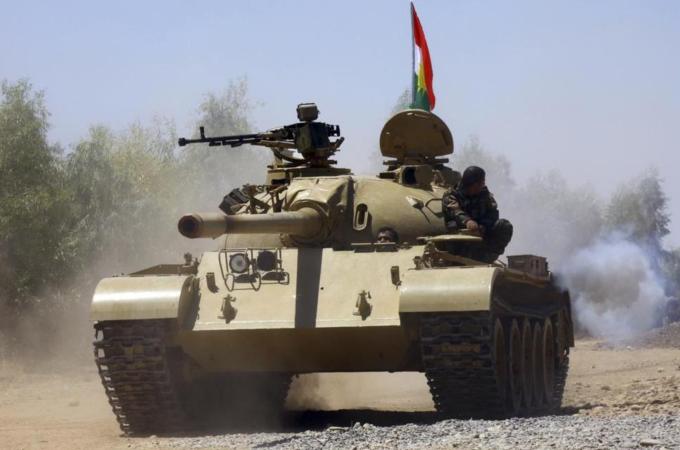

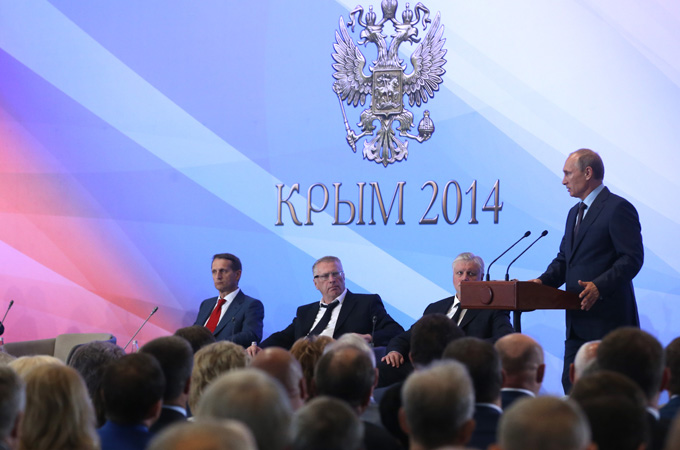
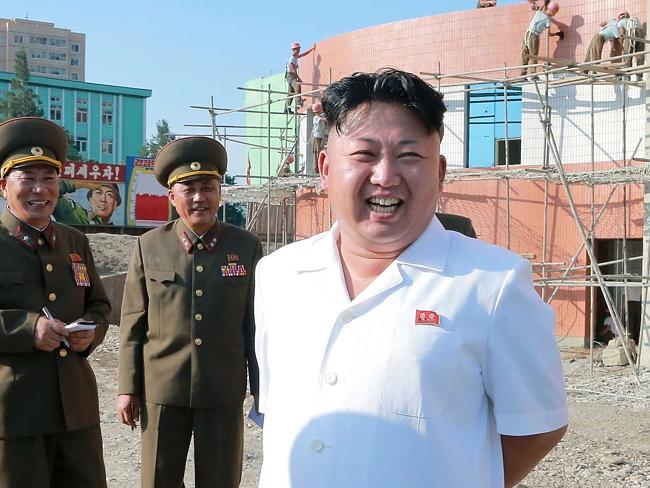
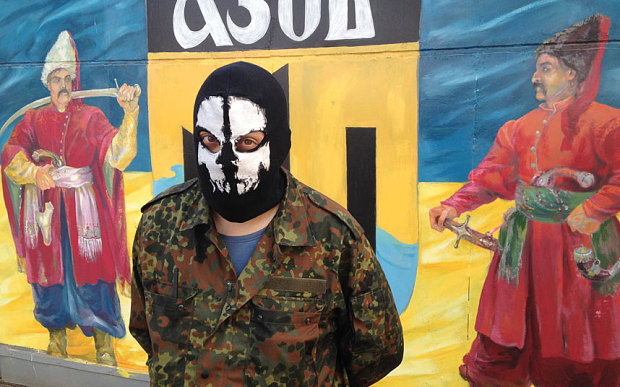
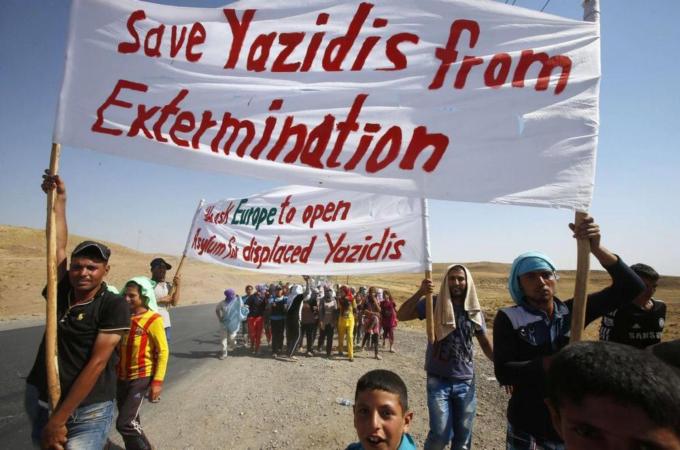
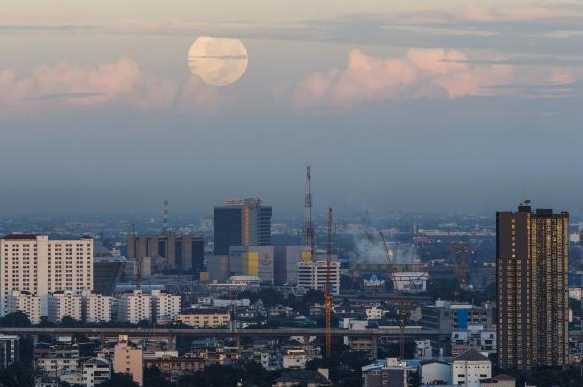

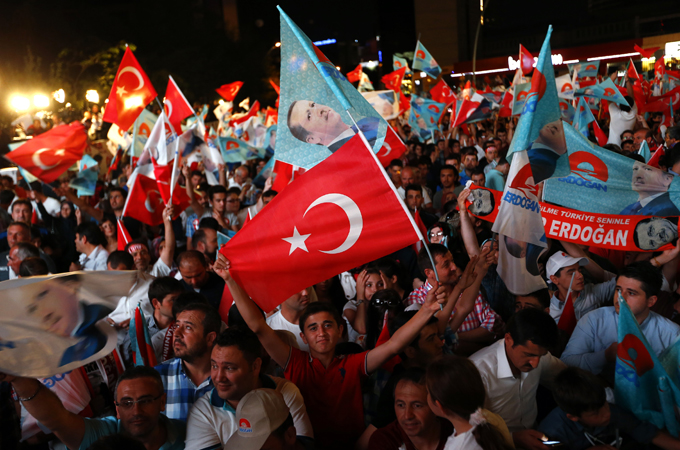
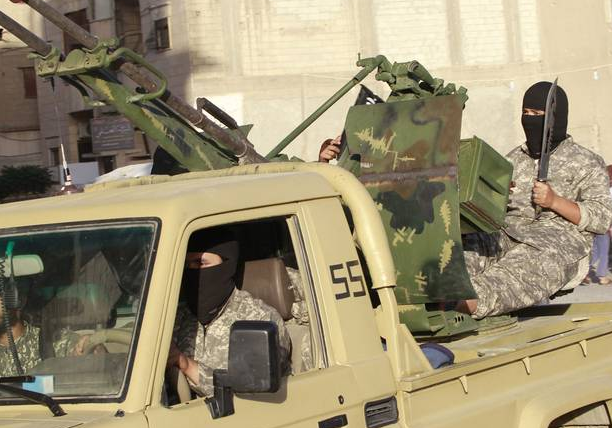
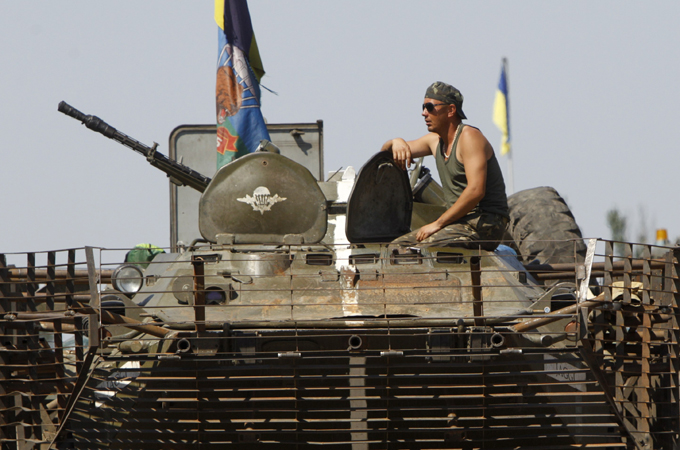
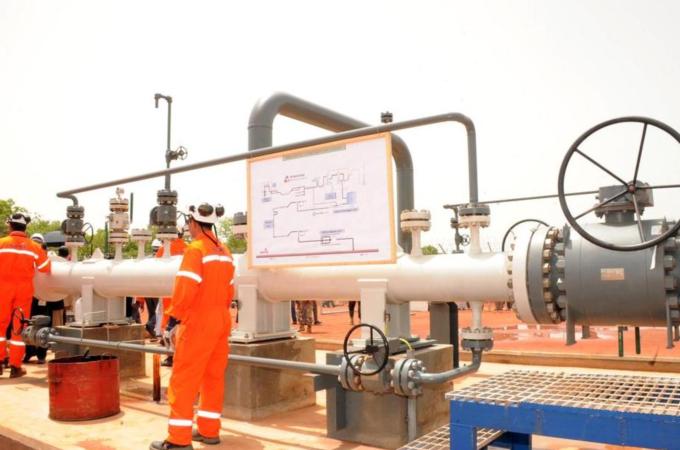
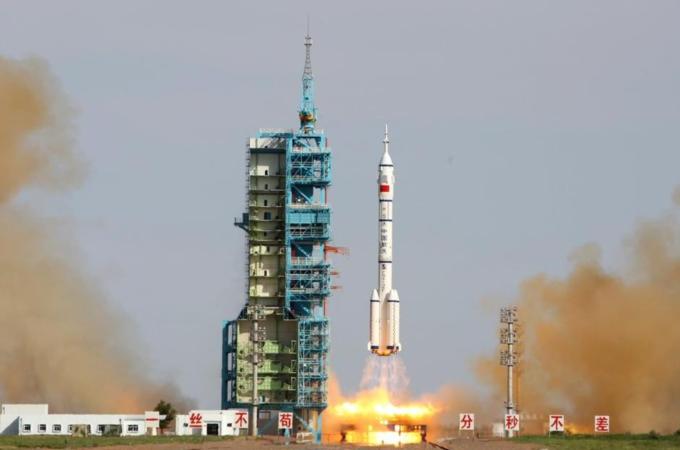
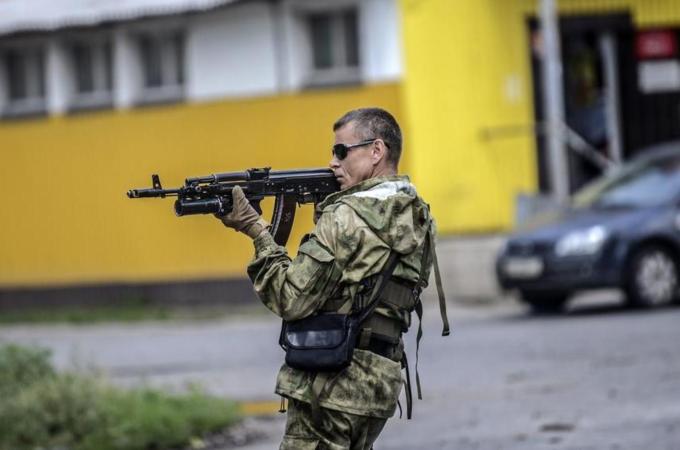


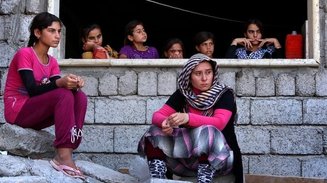

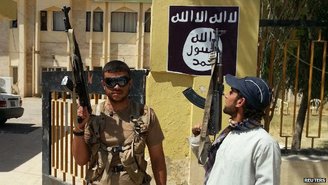
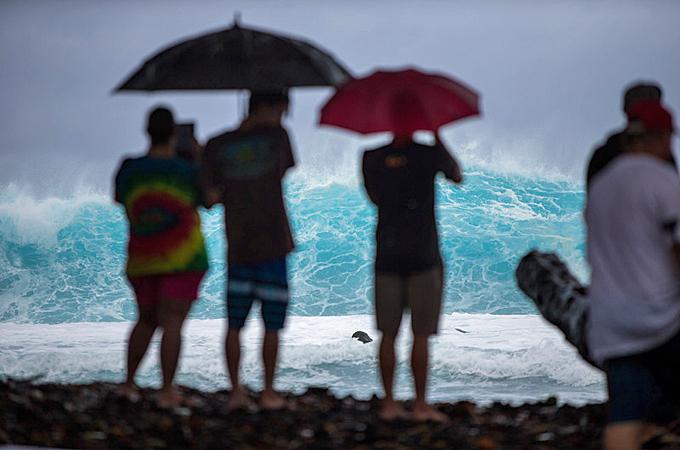
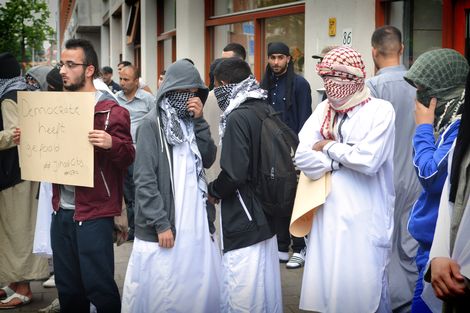
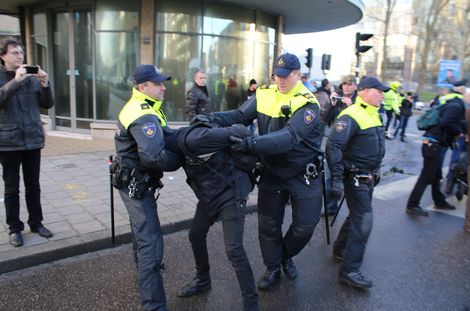
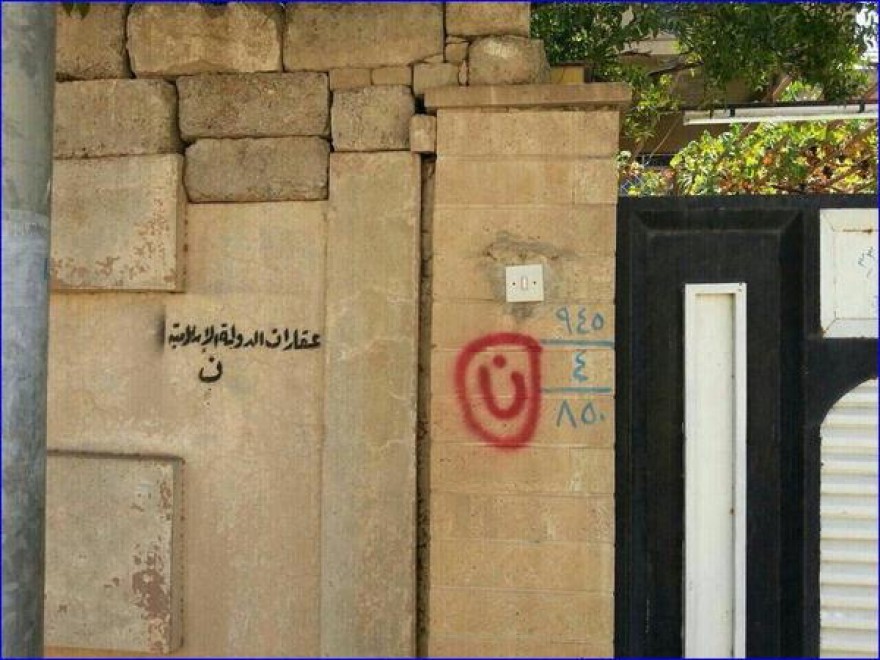
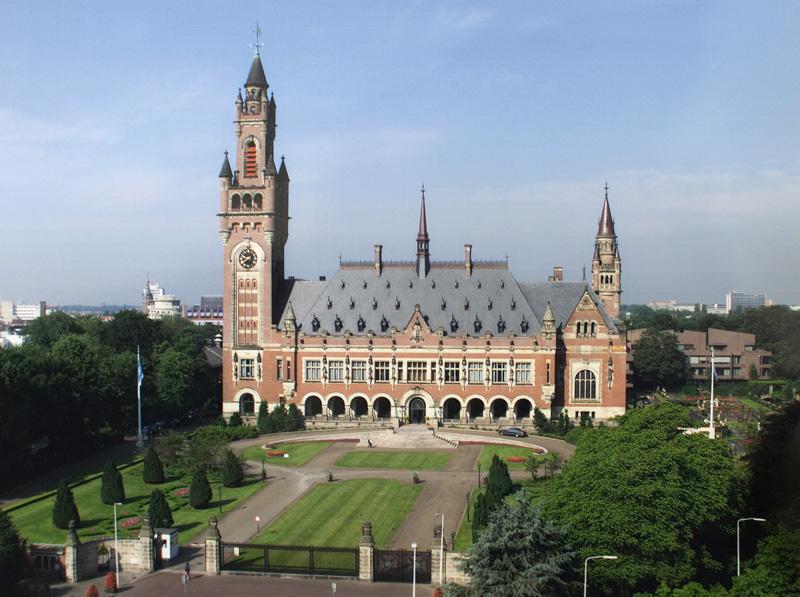
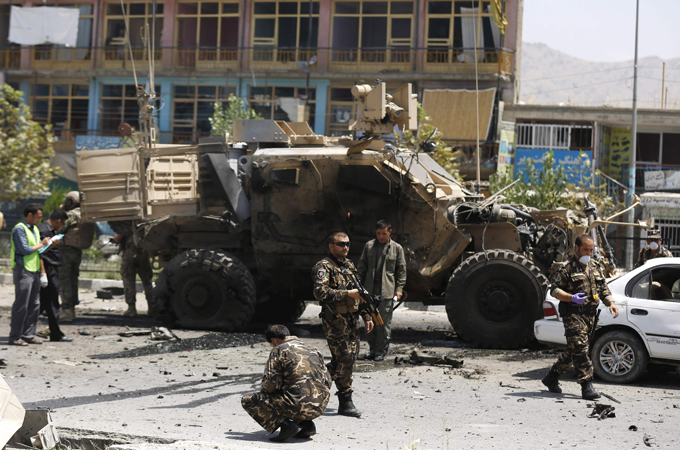
 RSS Feed
RSS Feed
